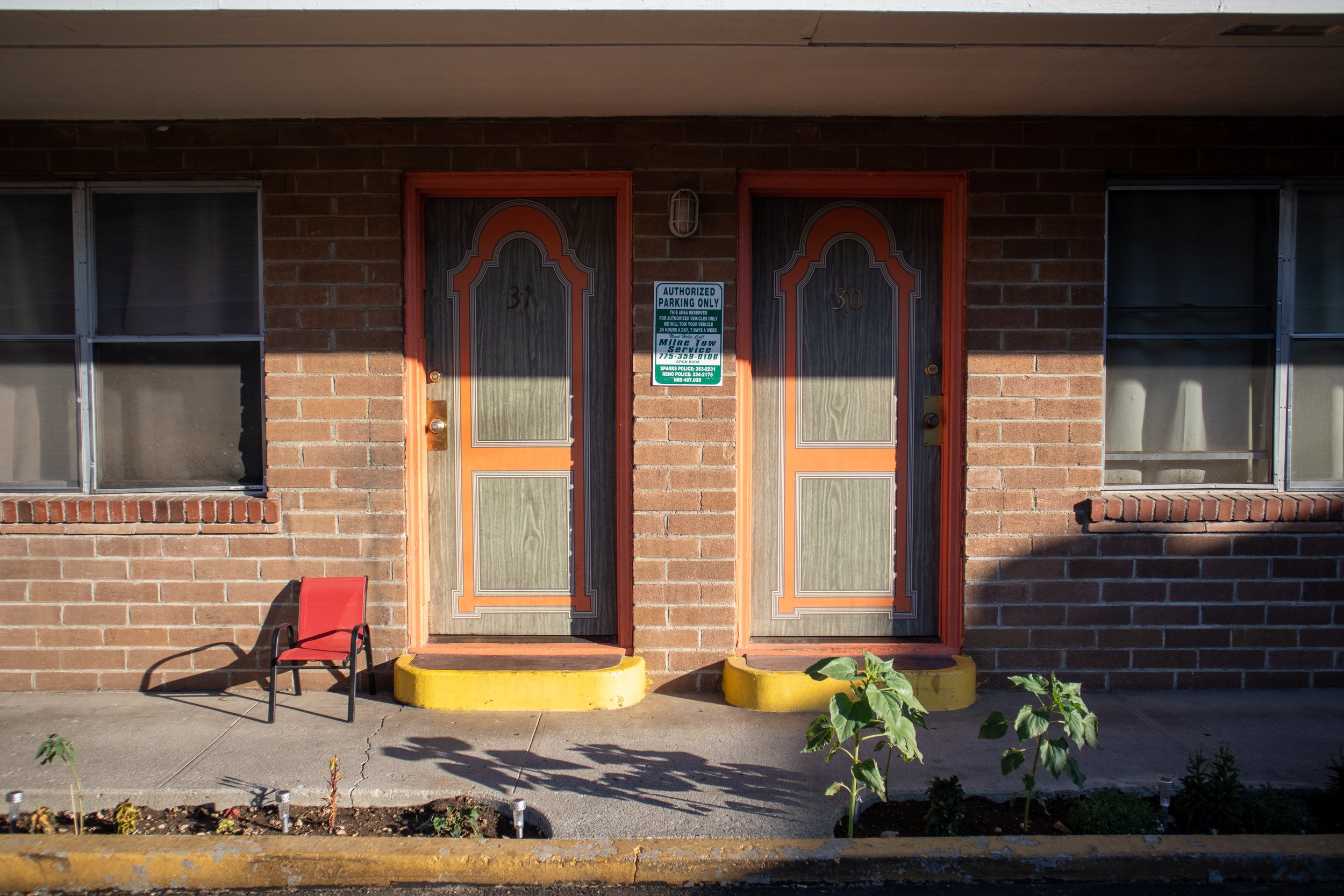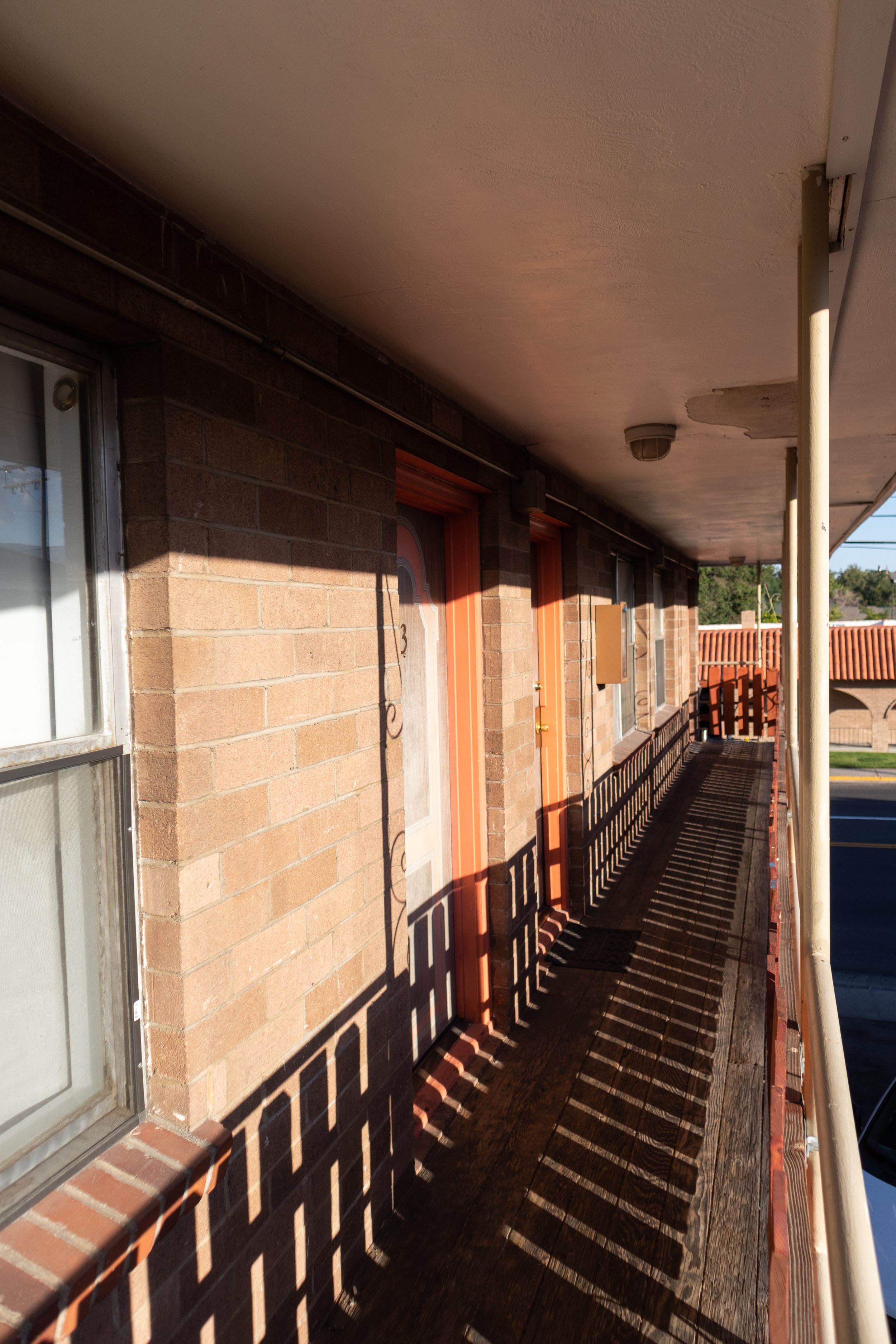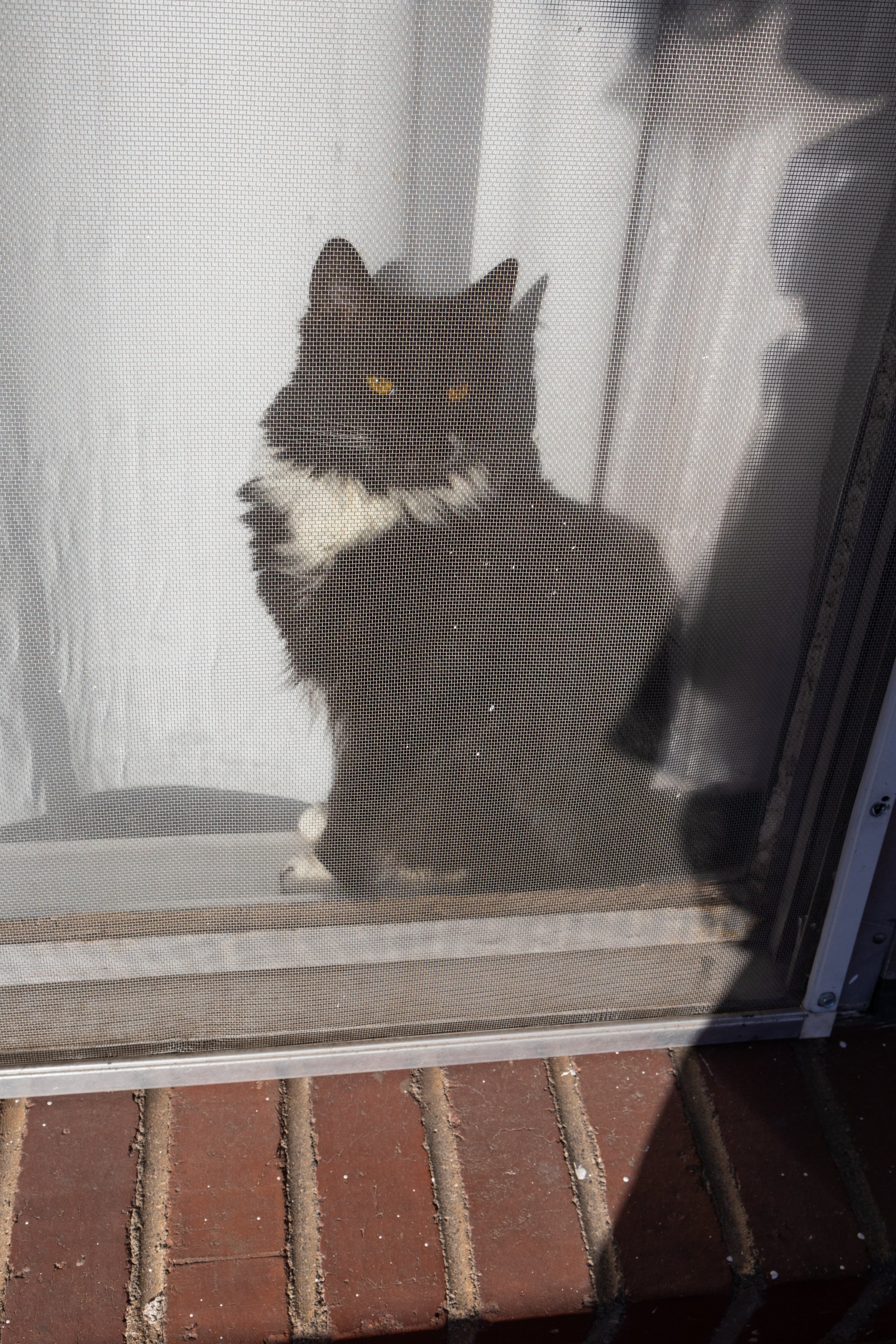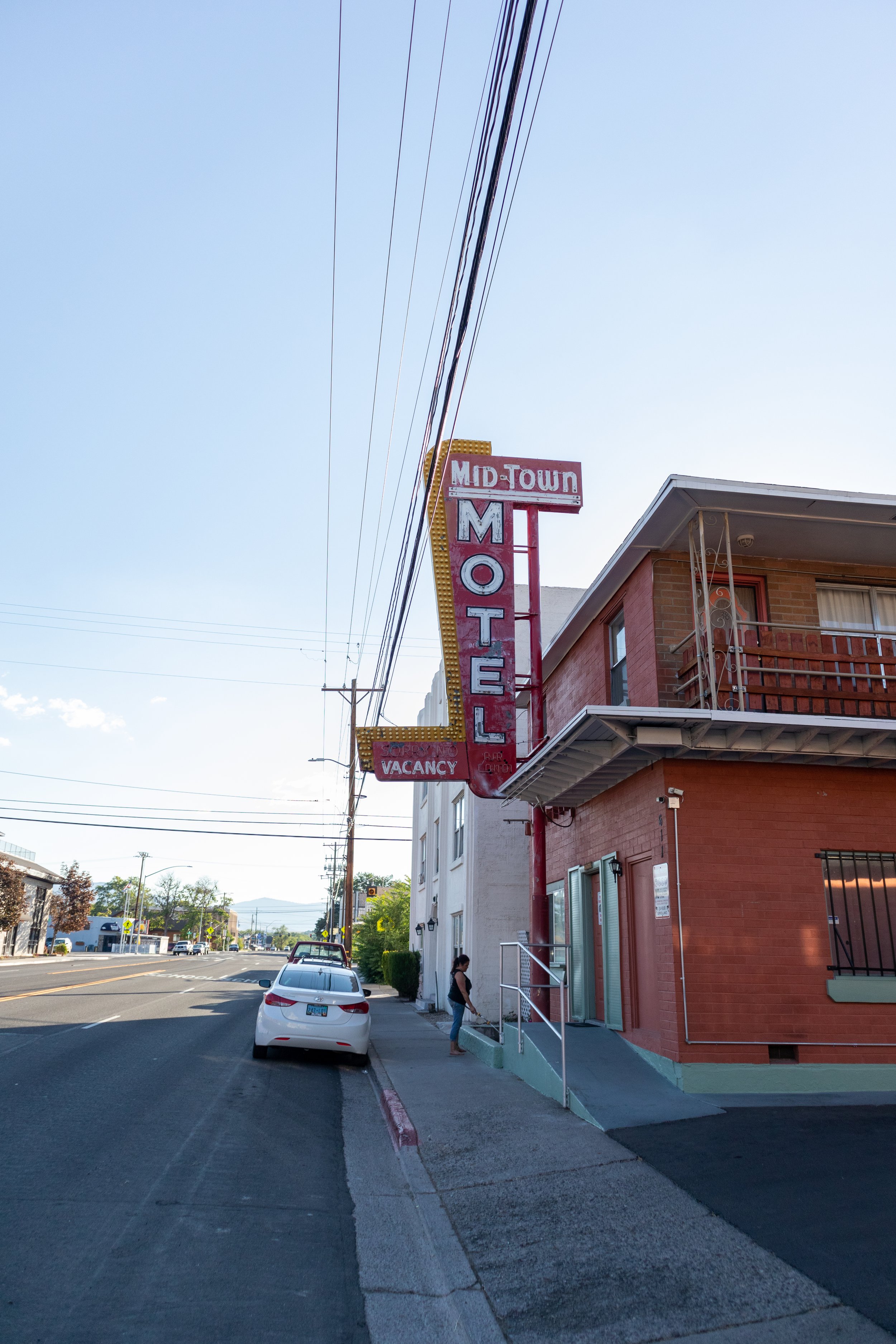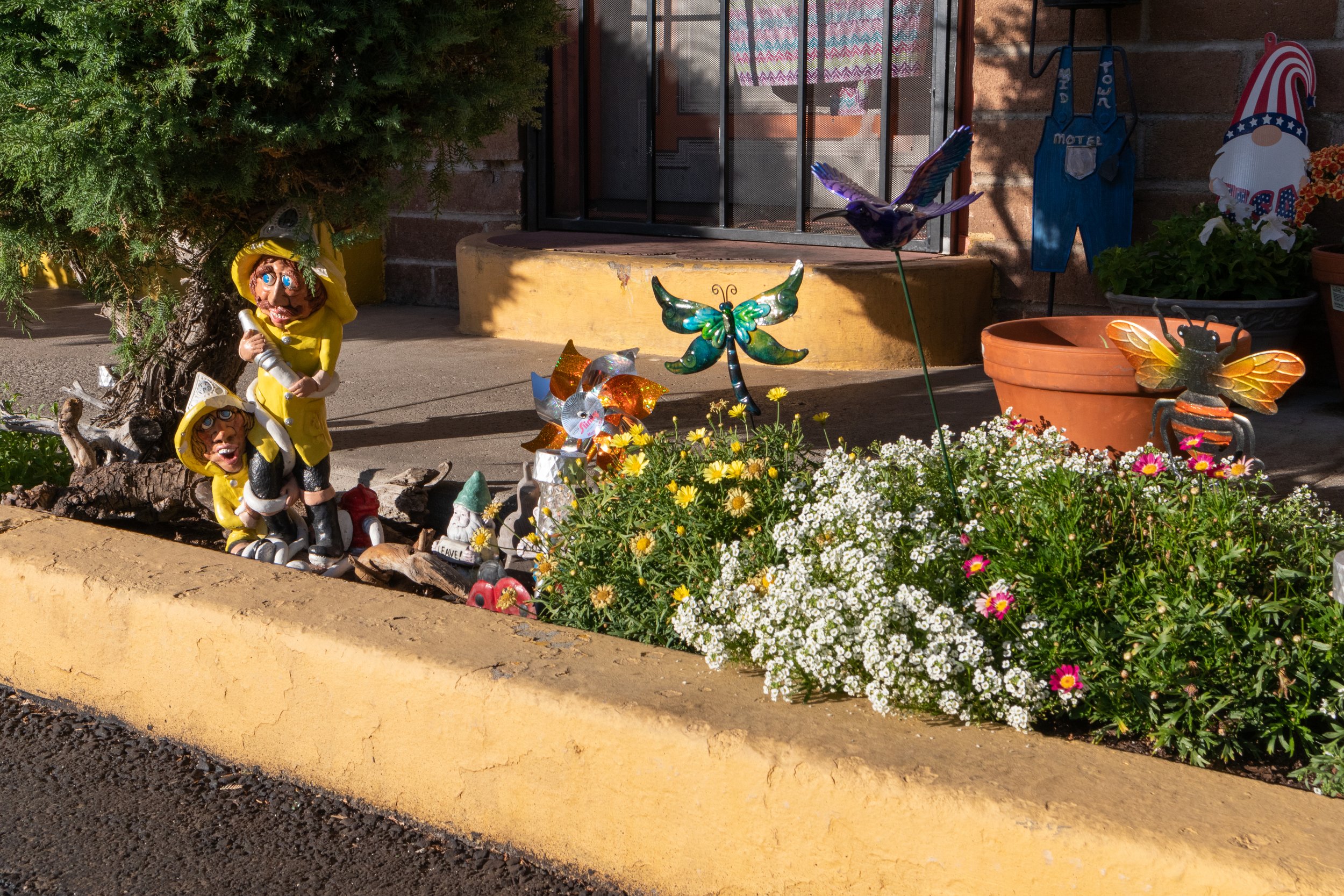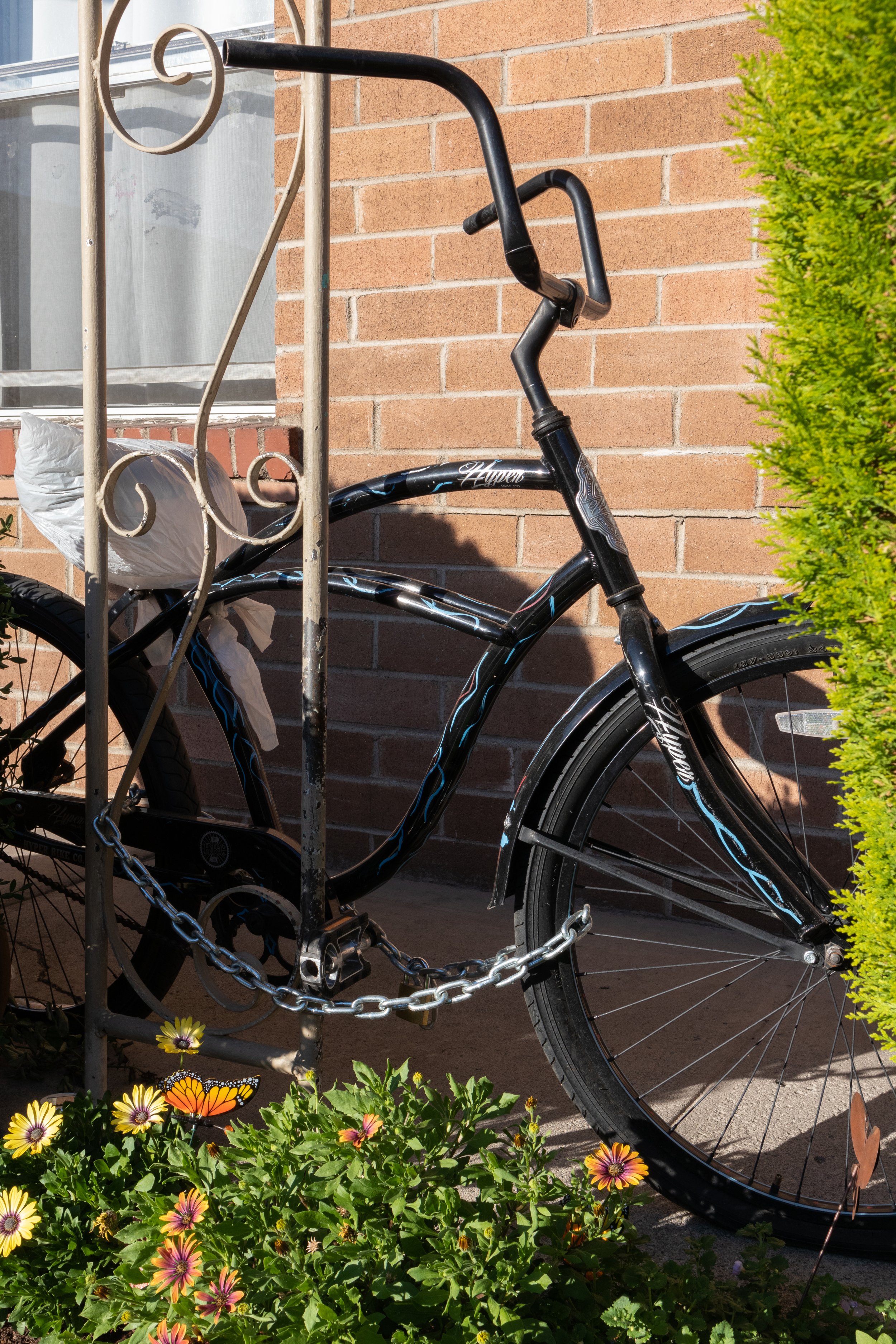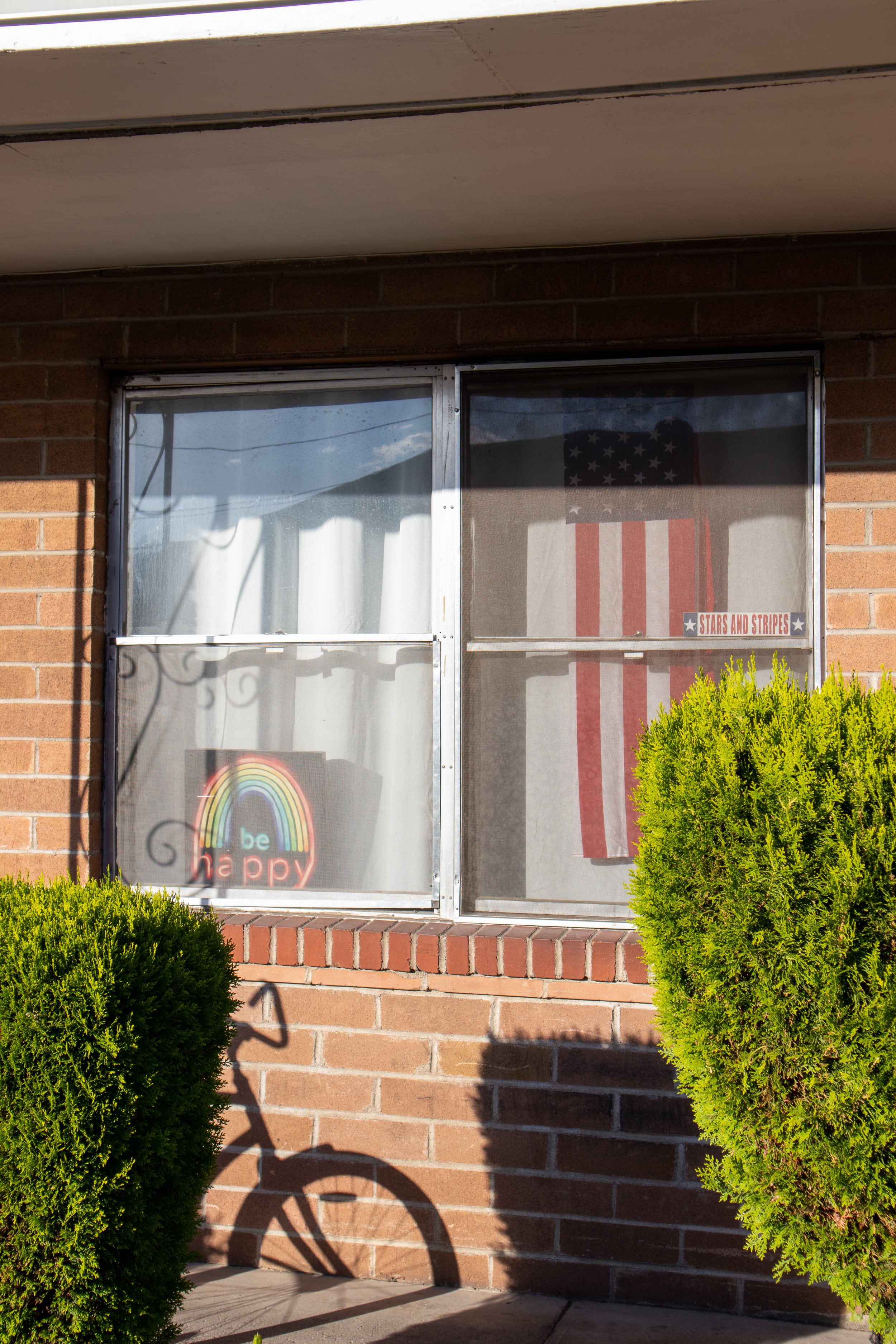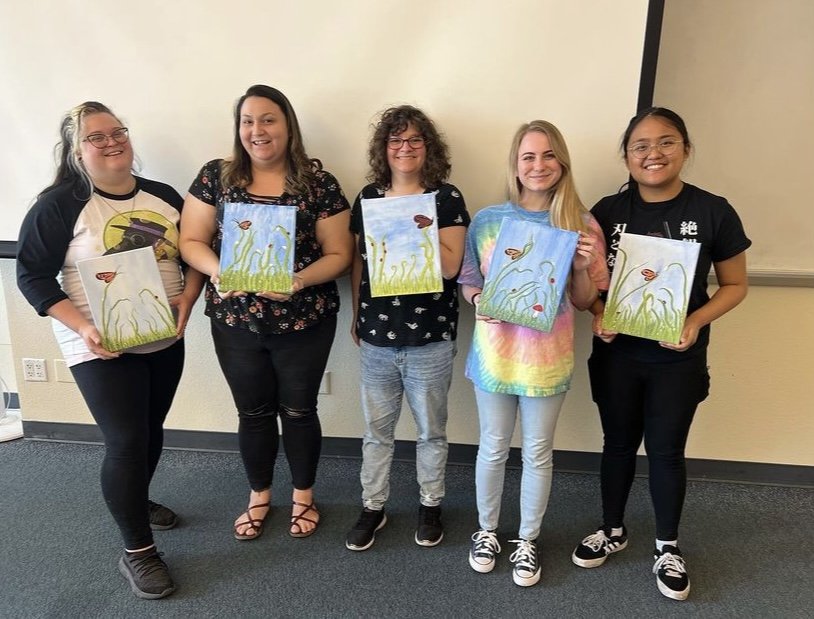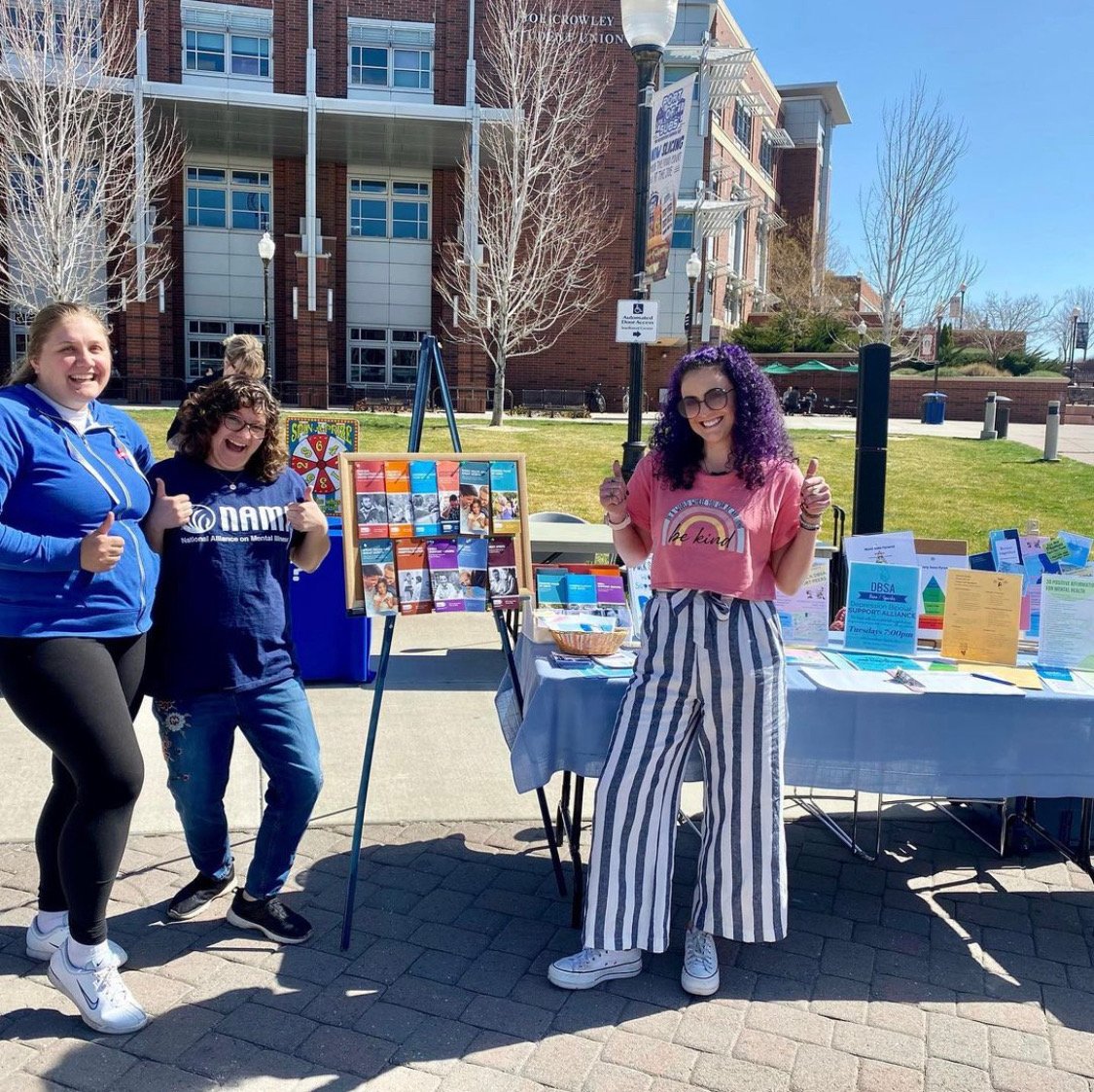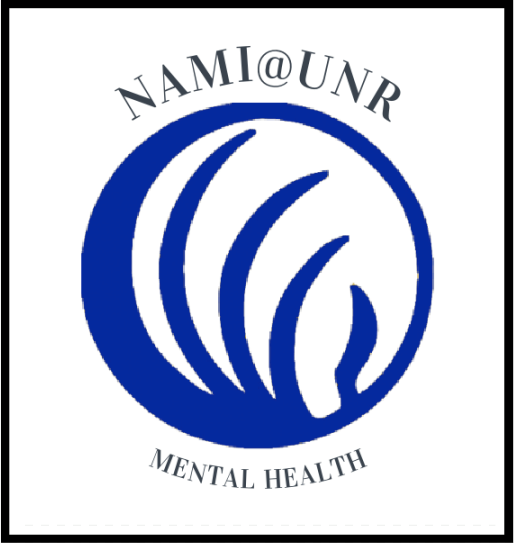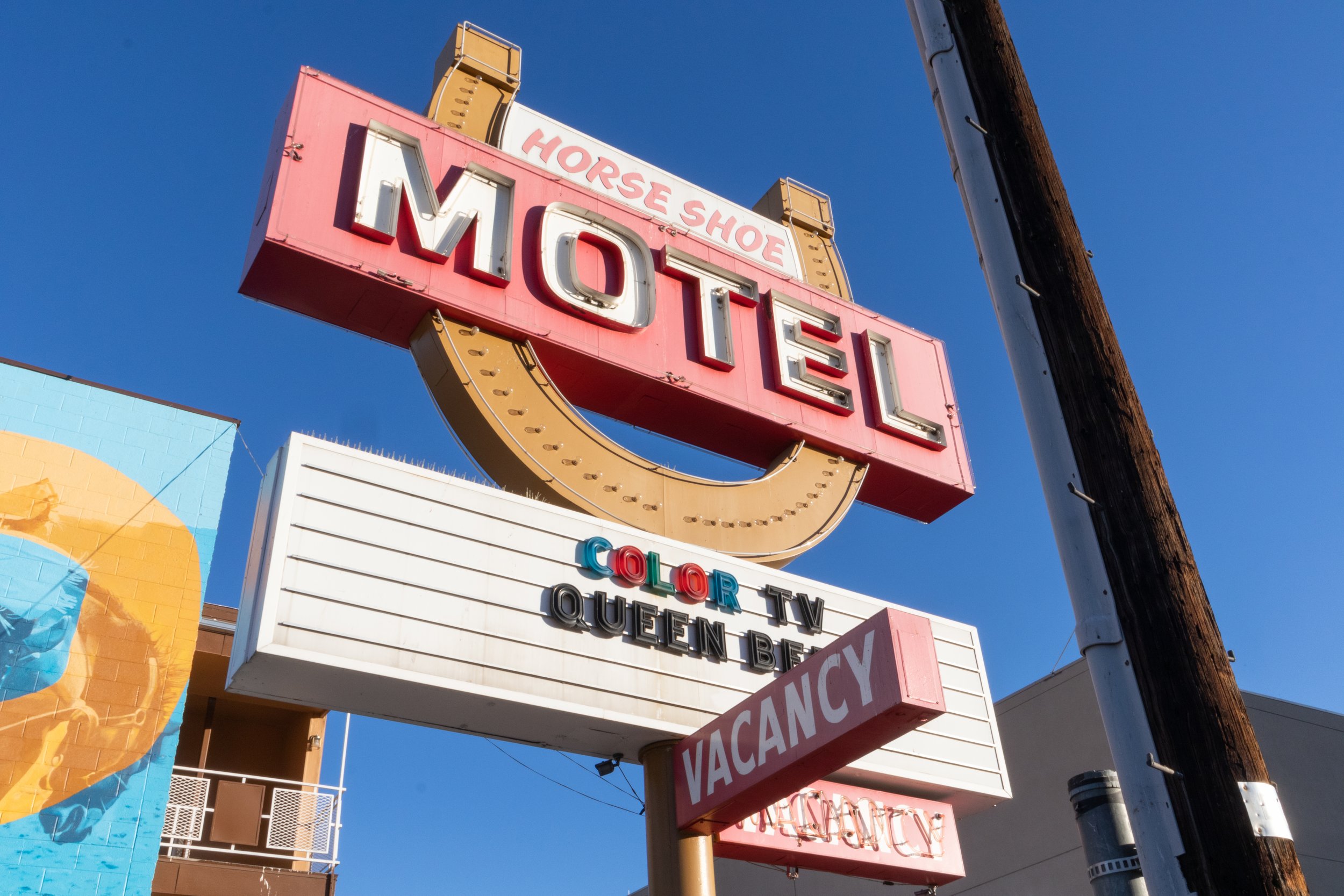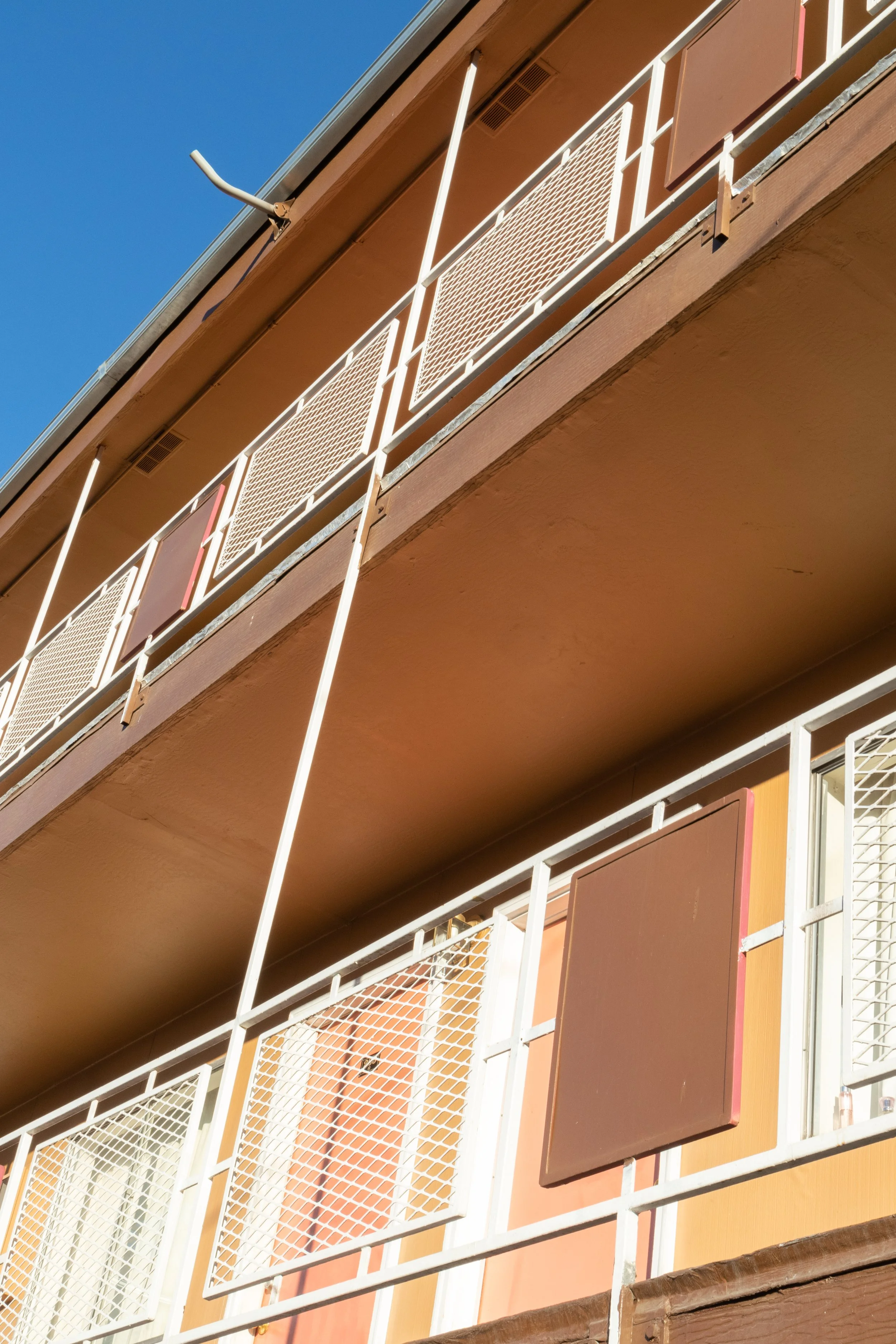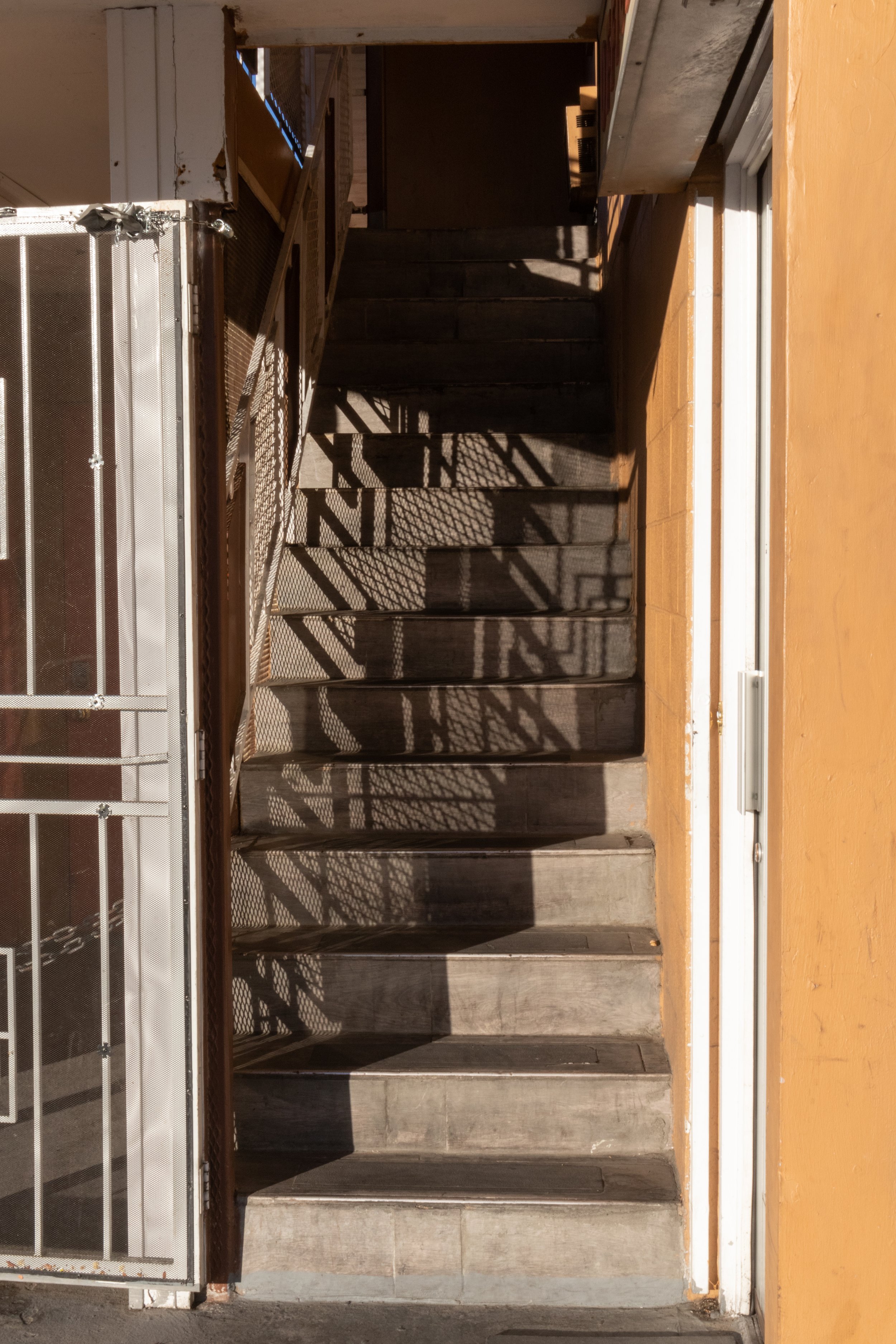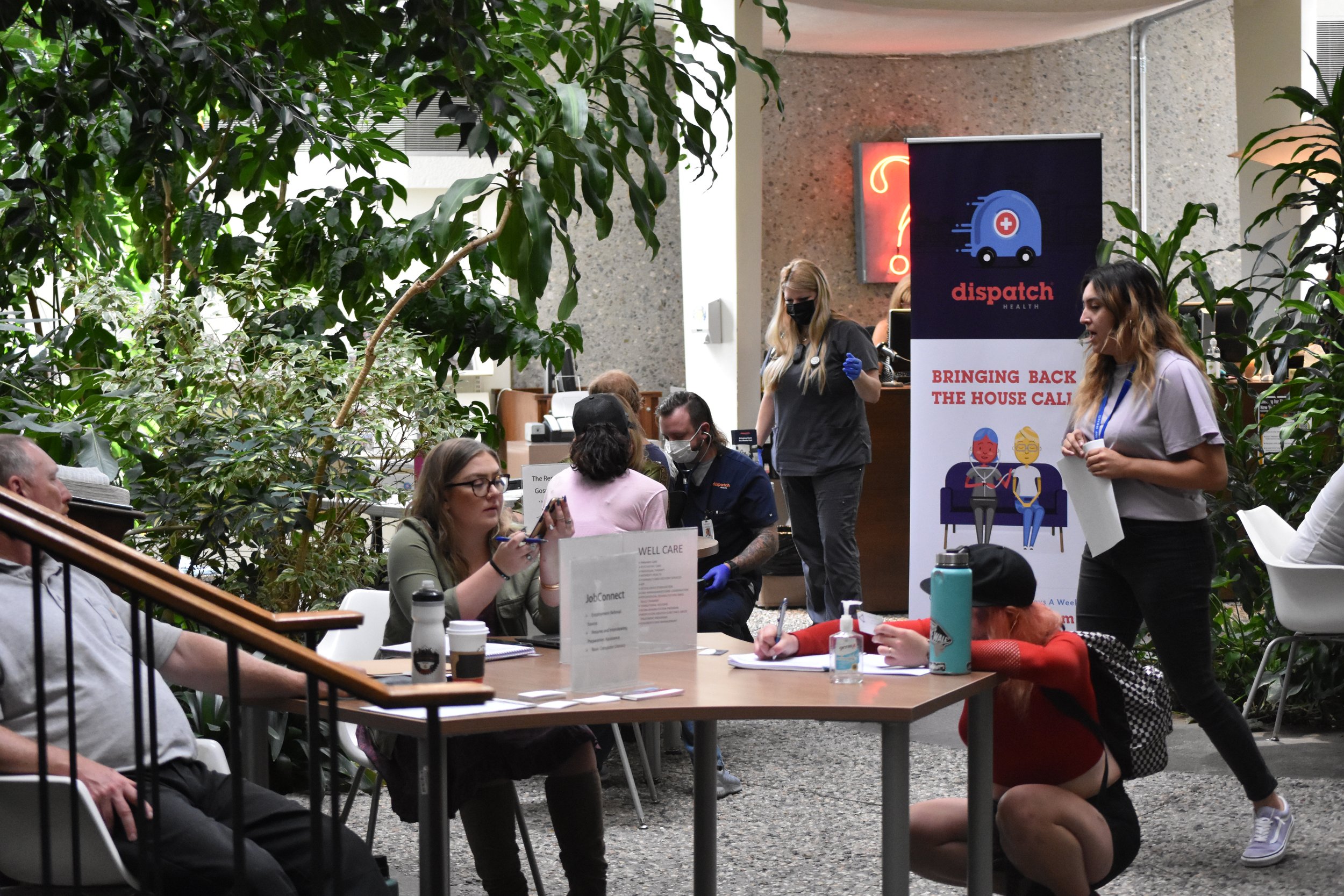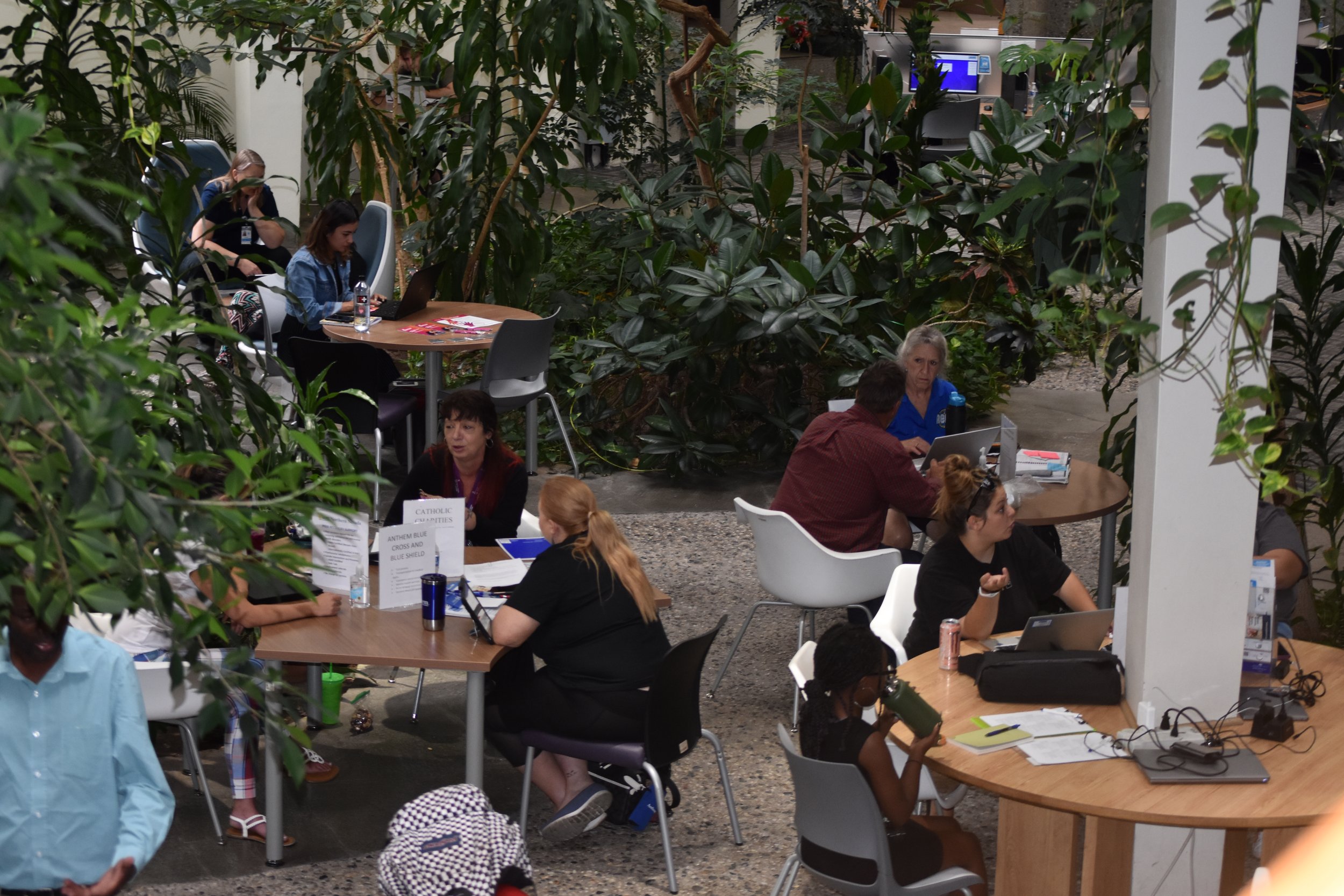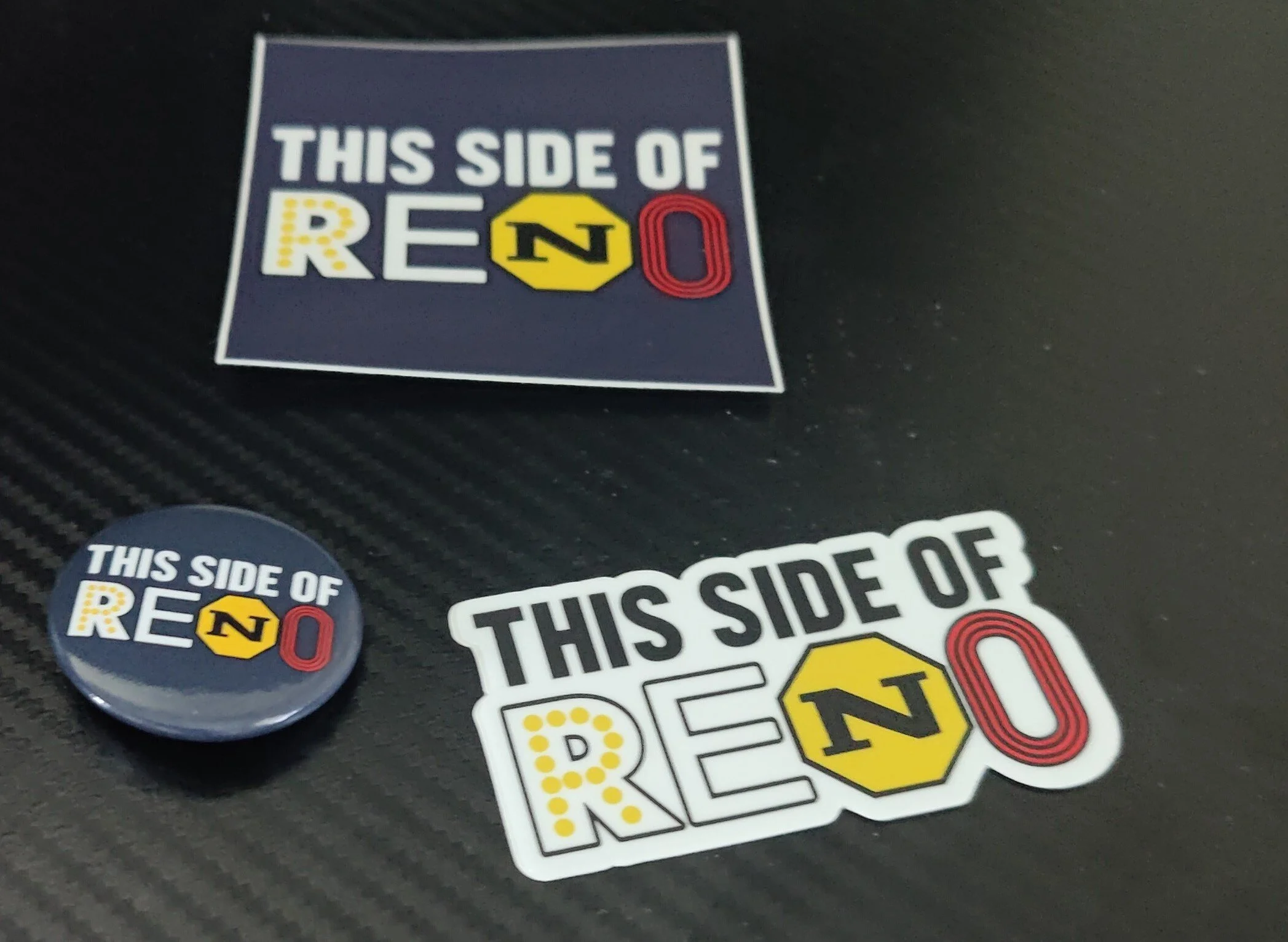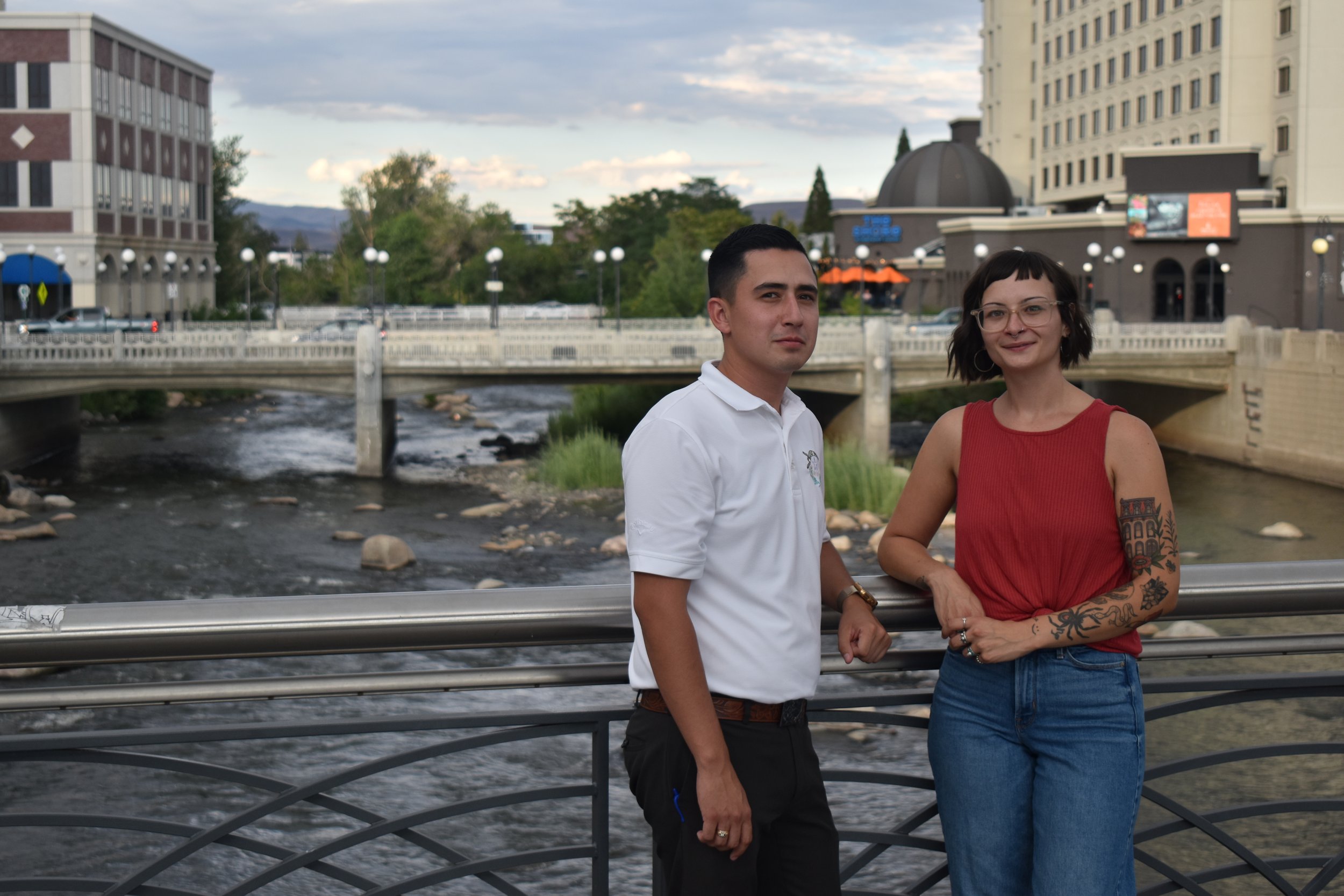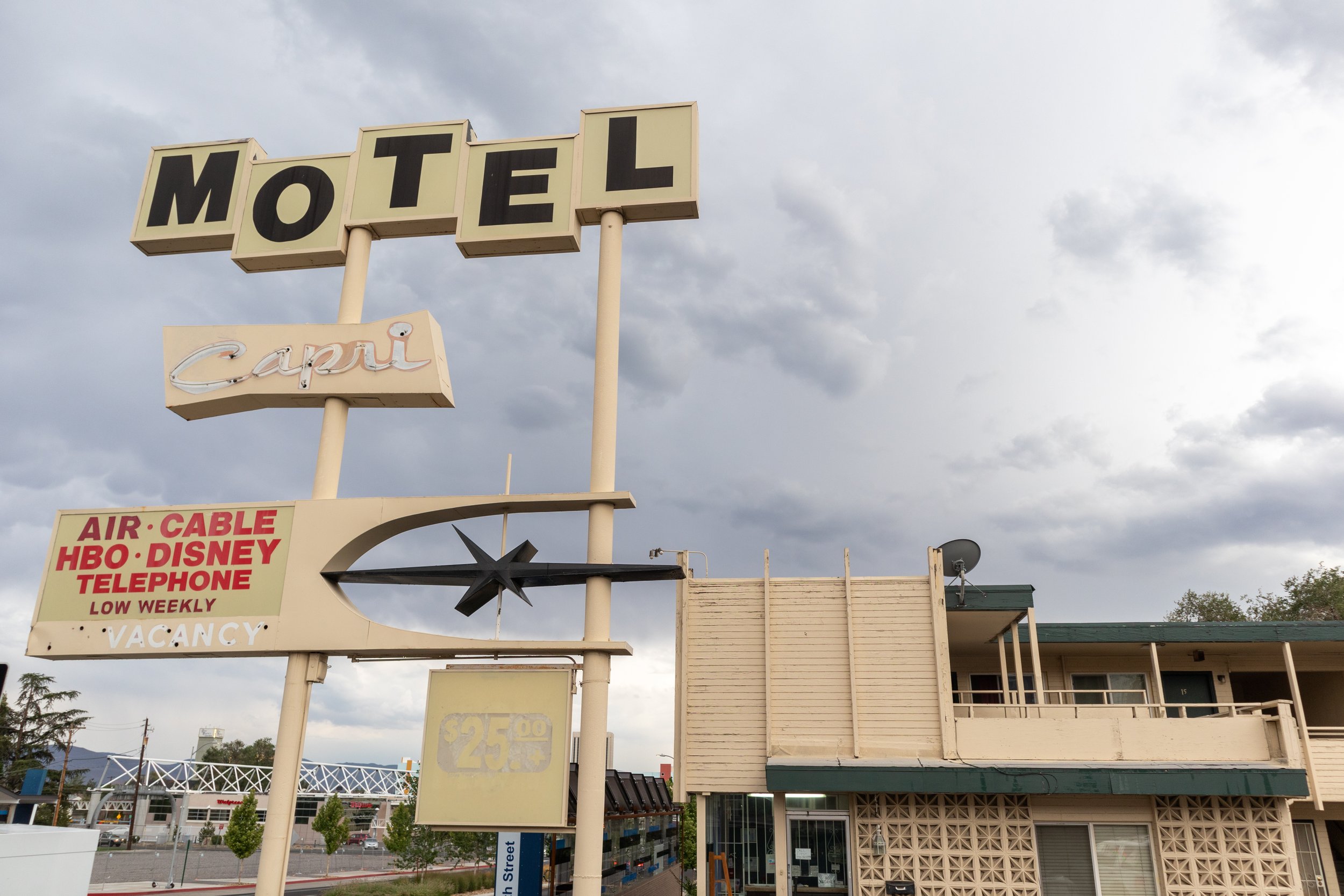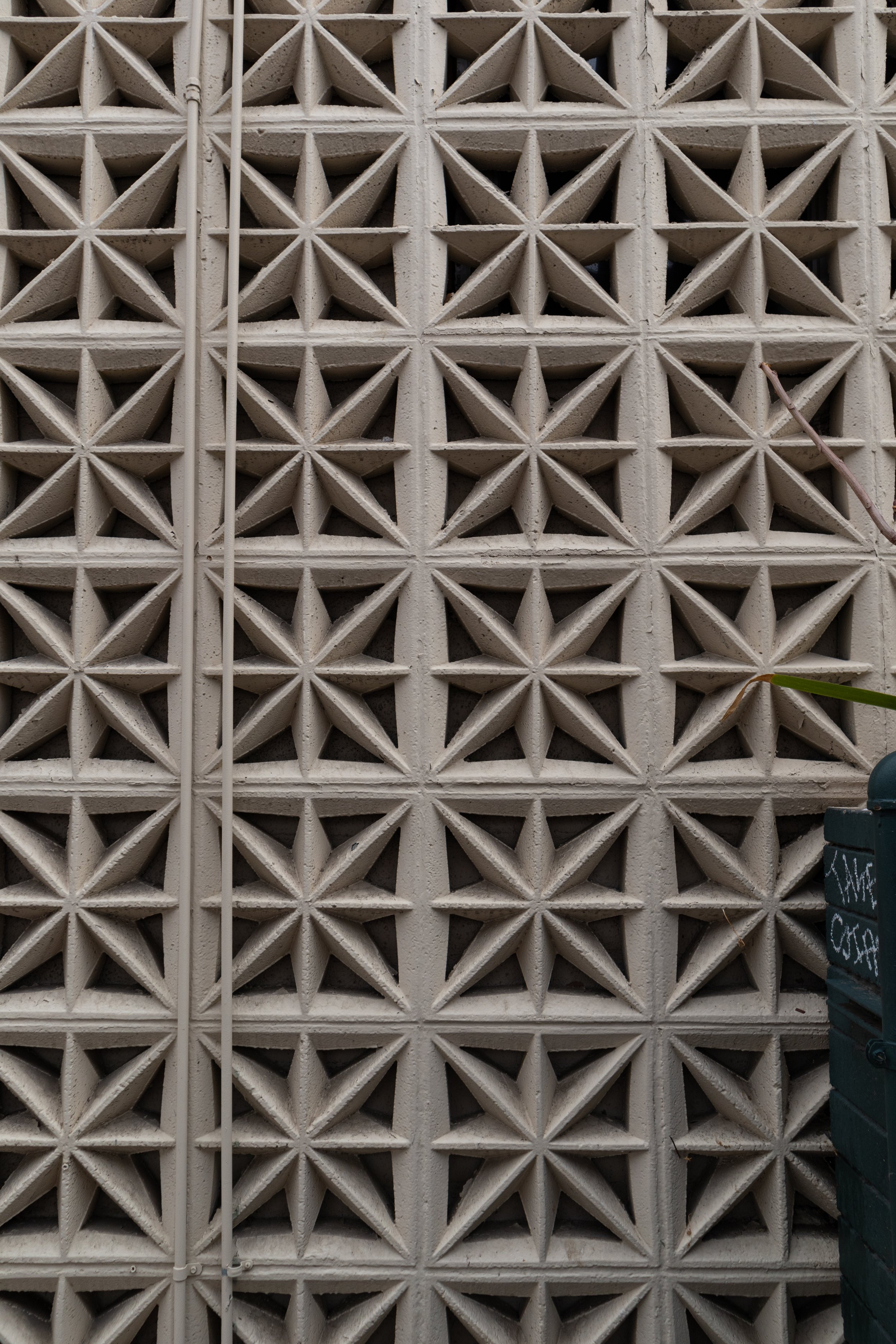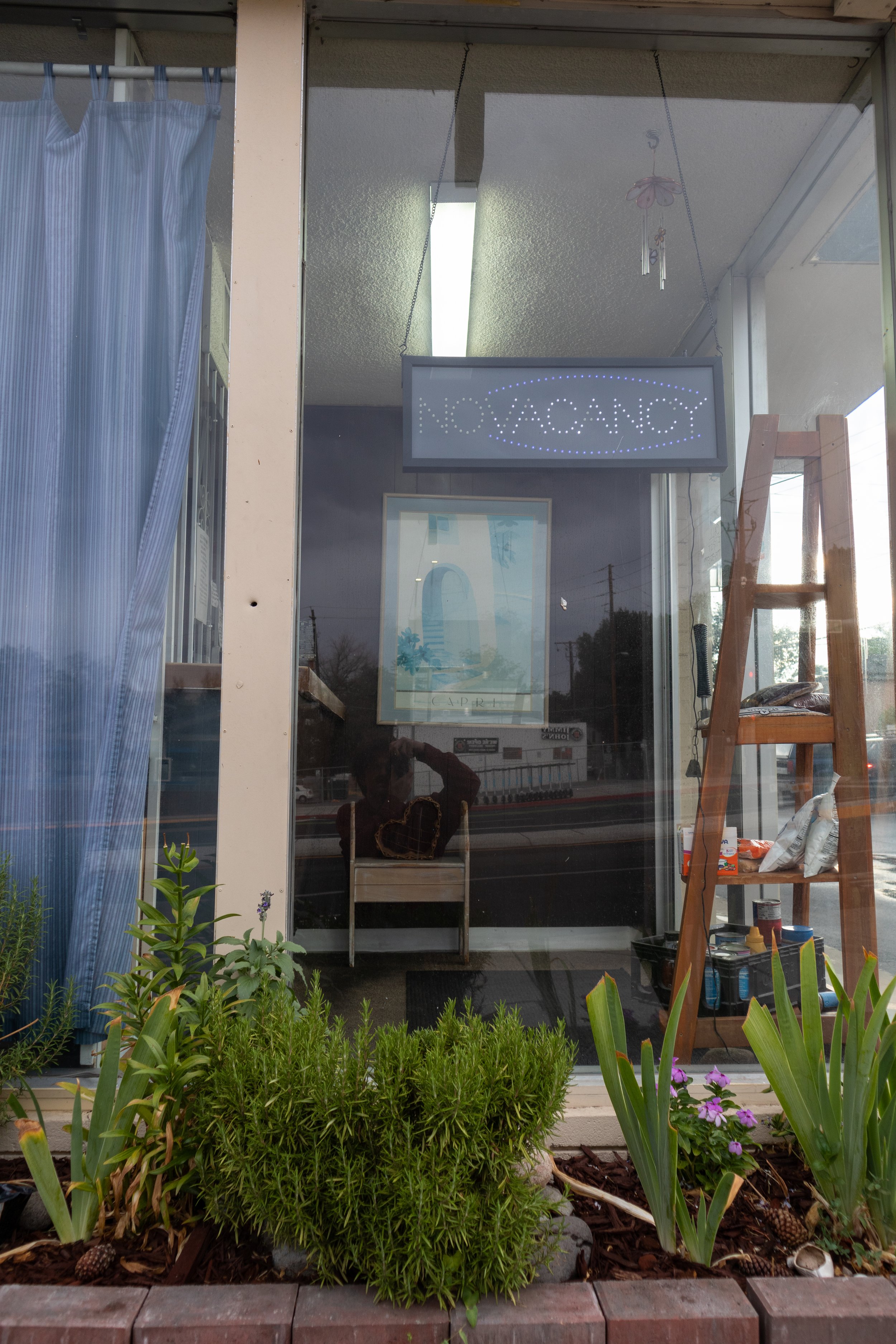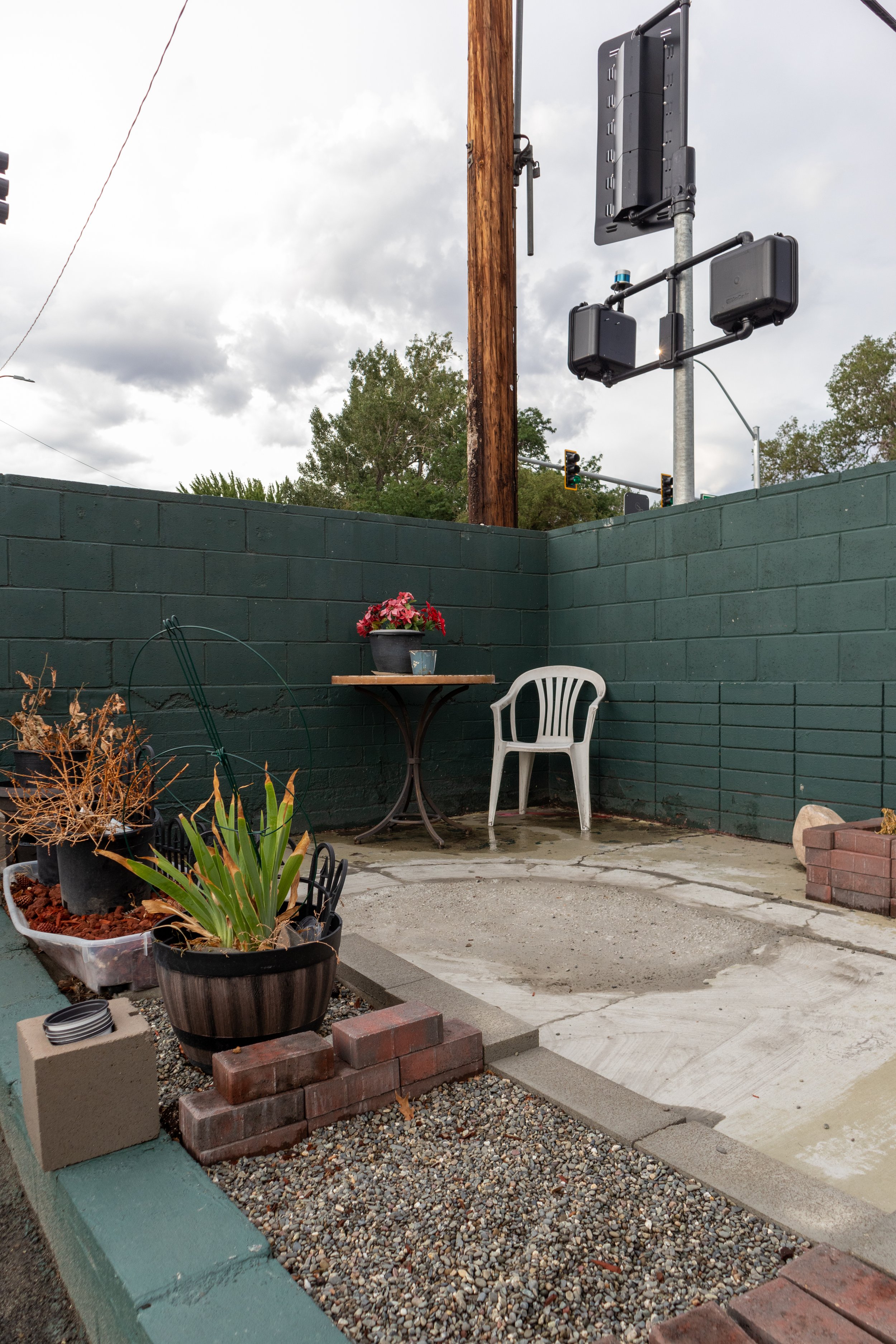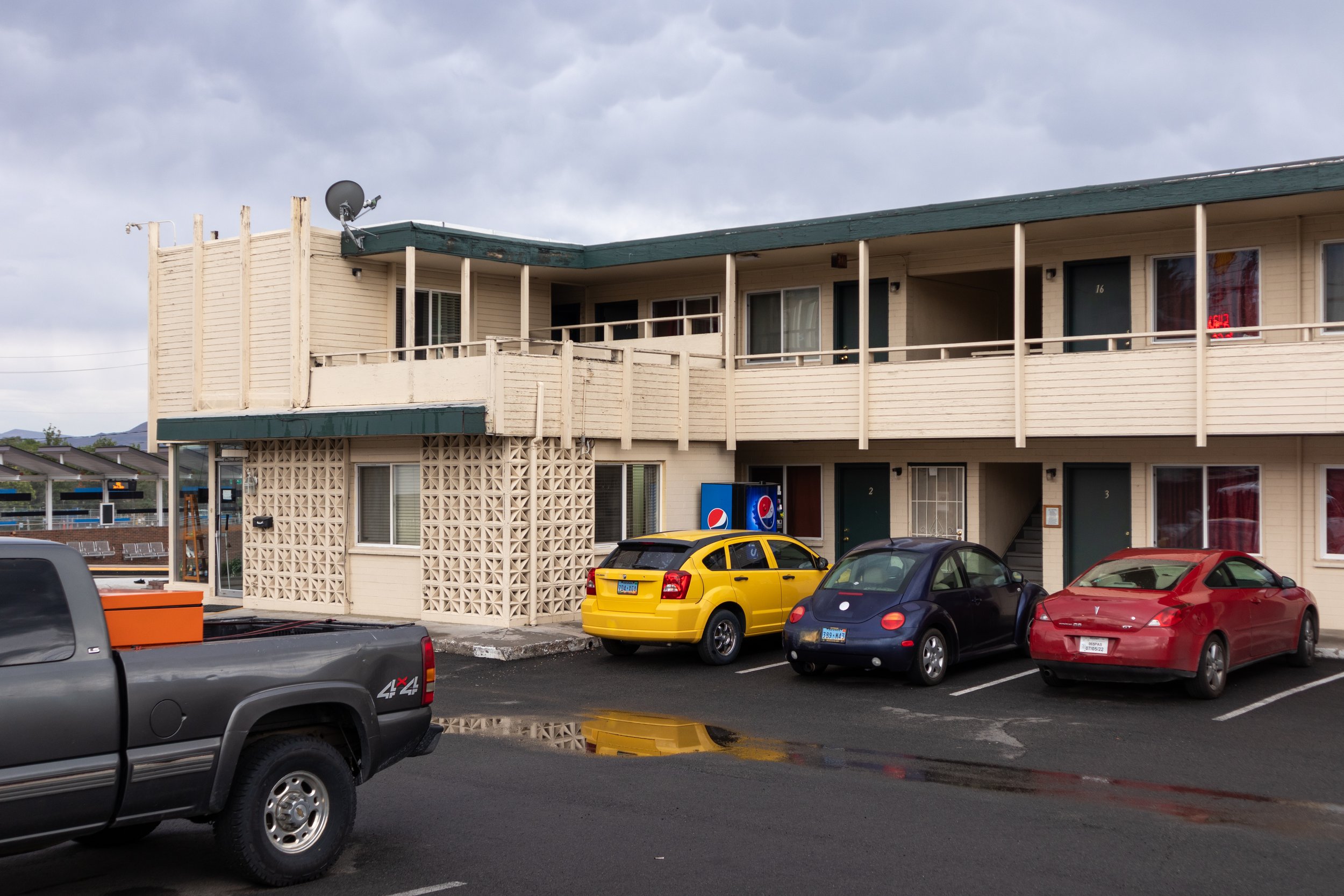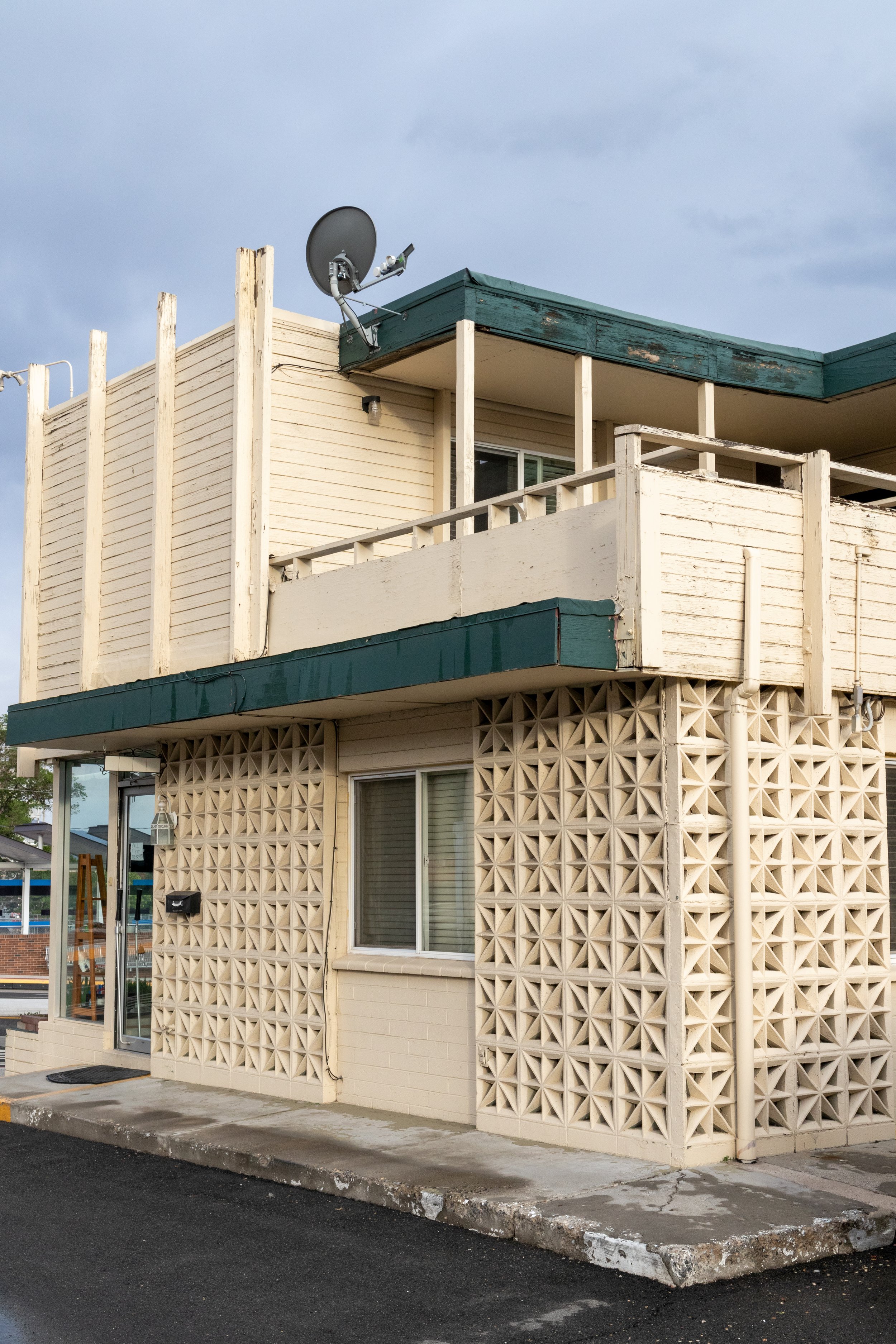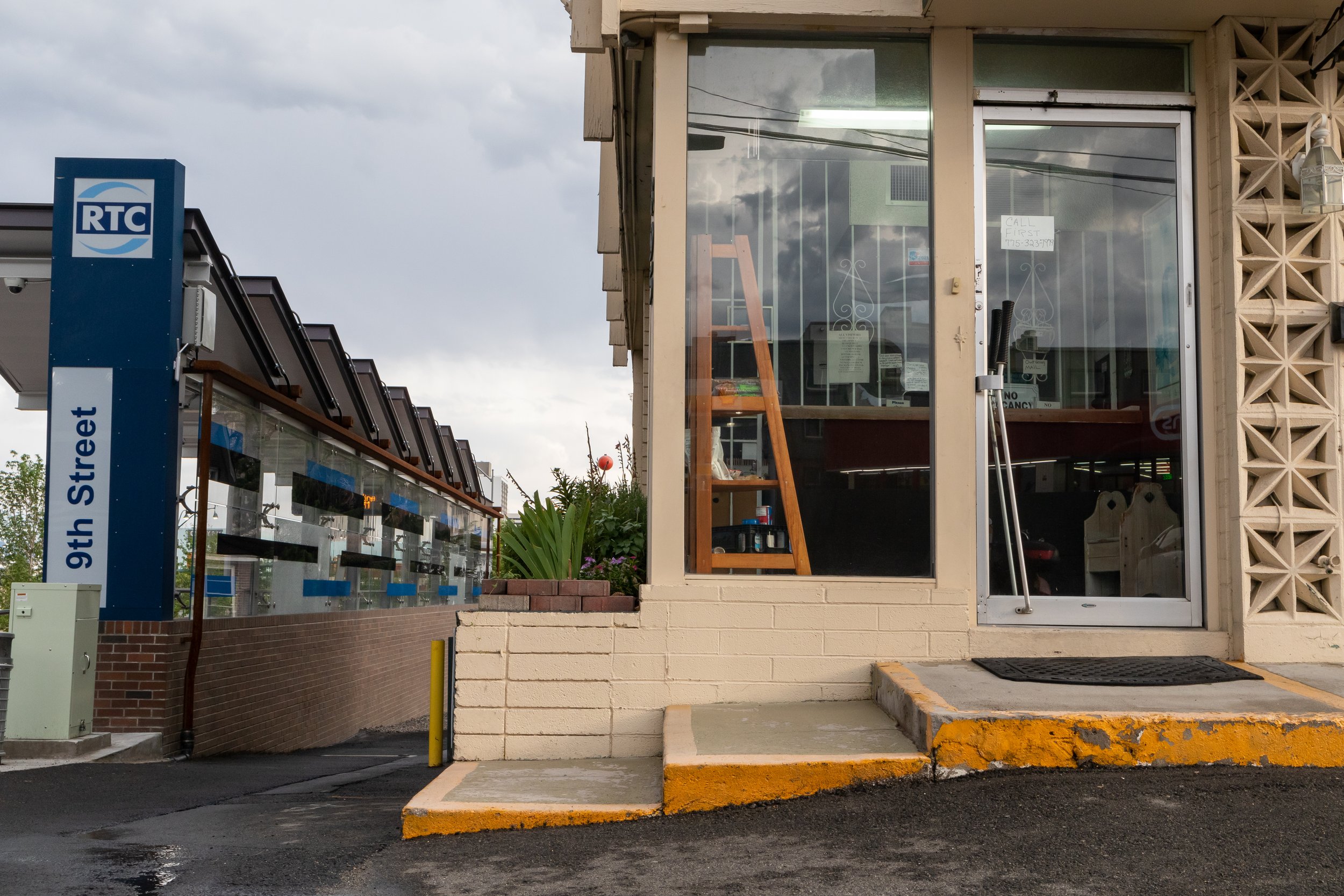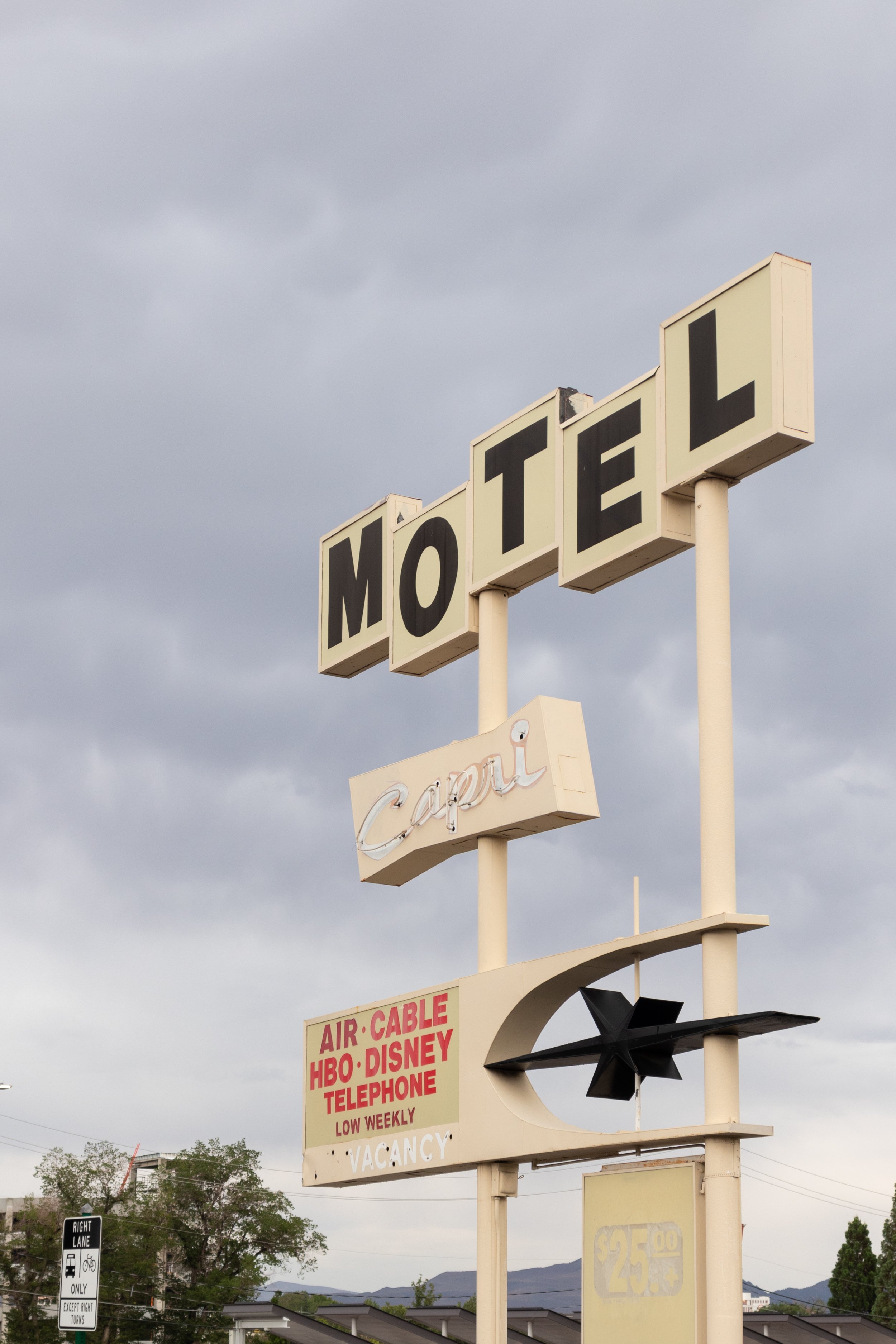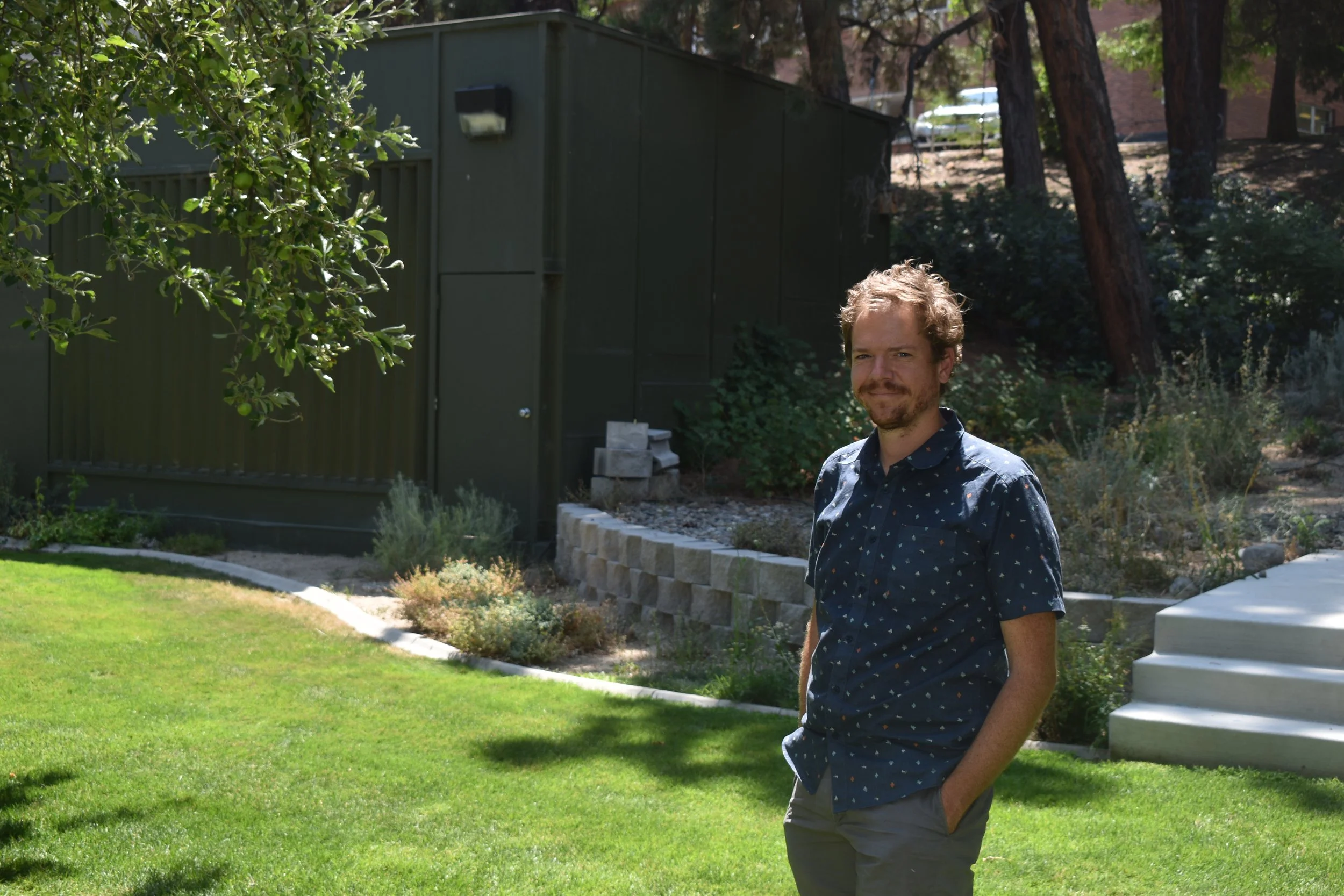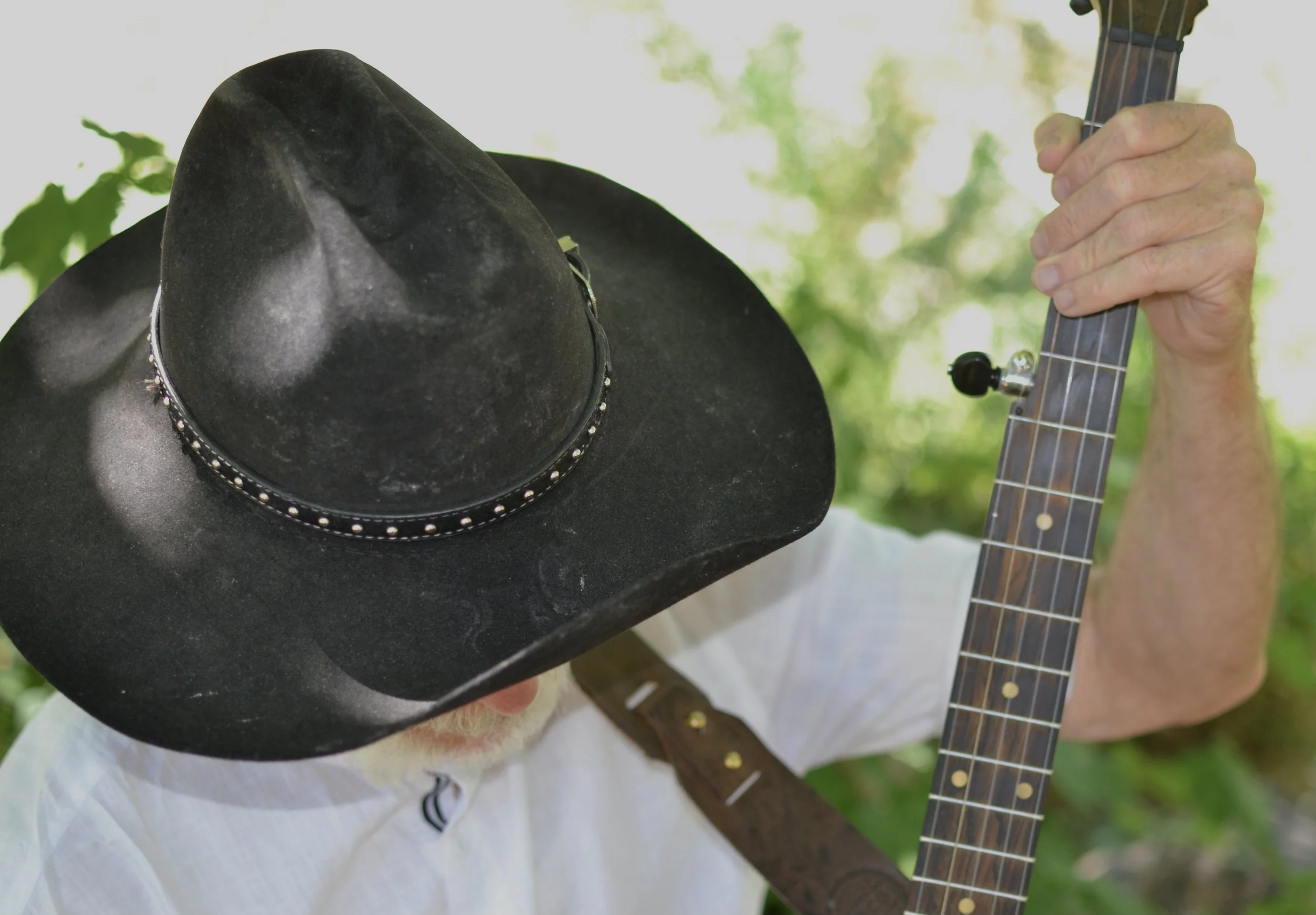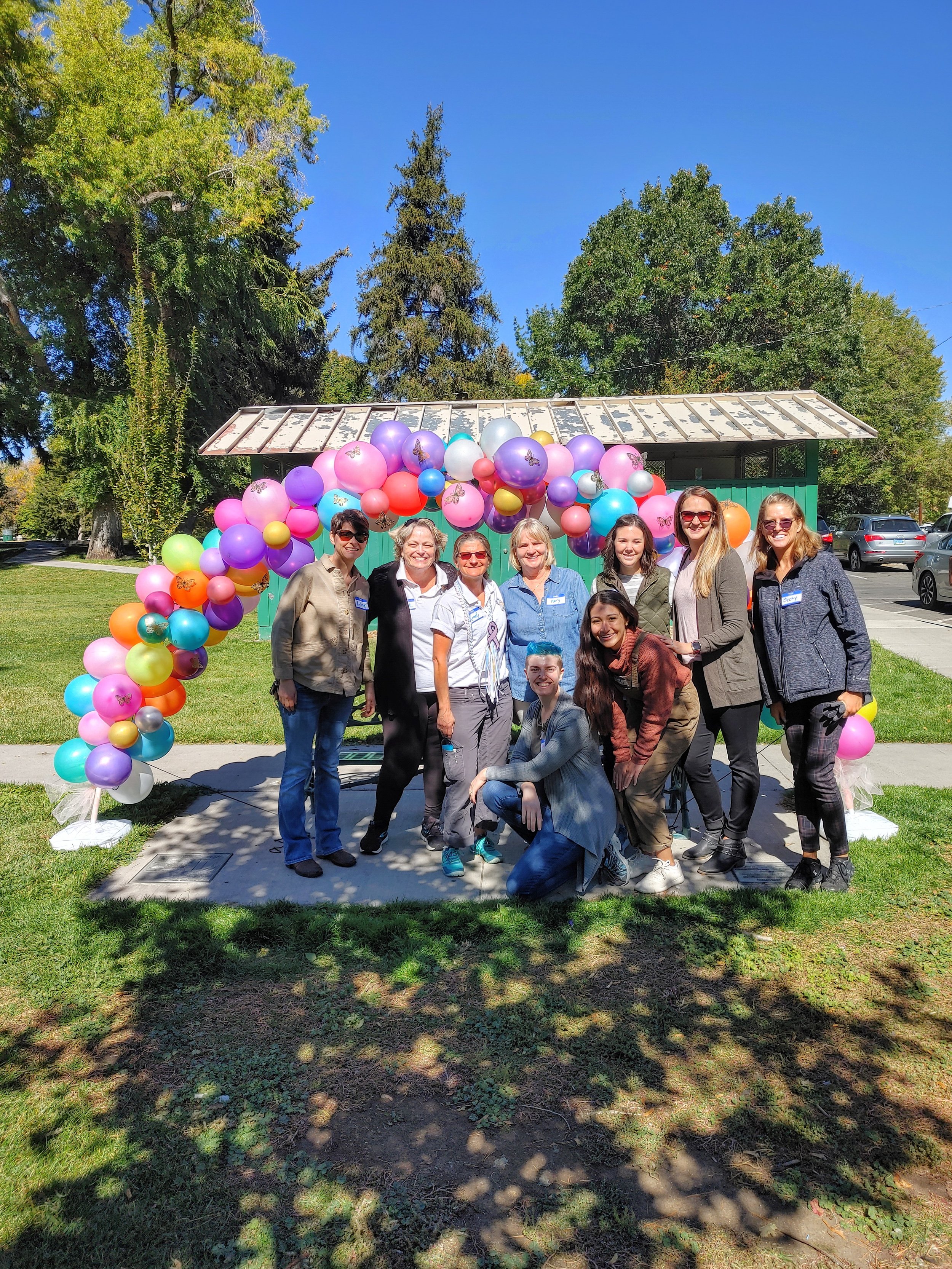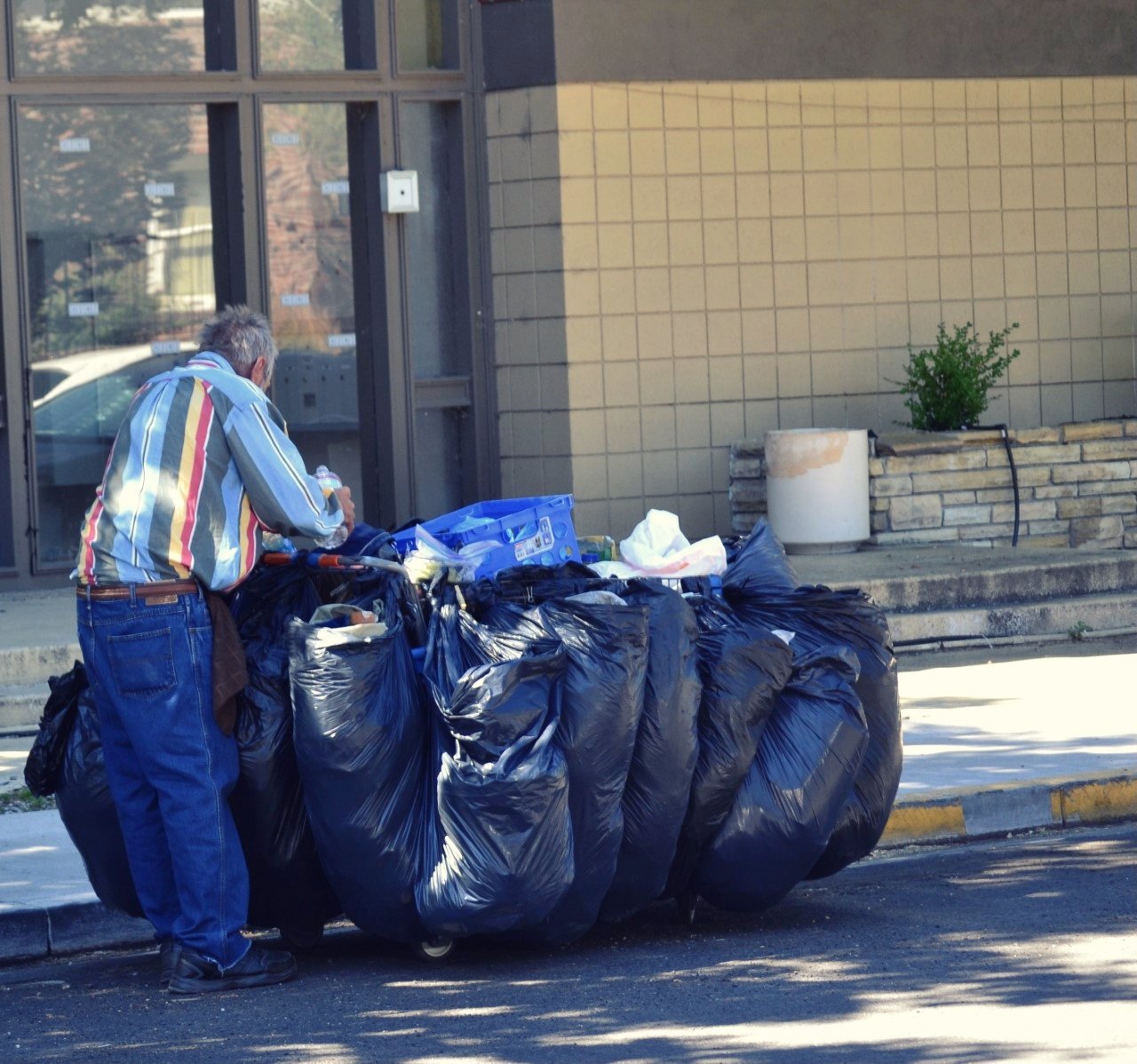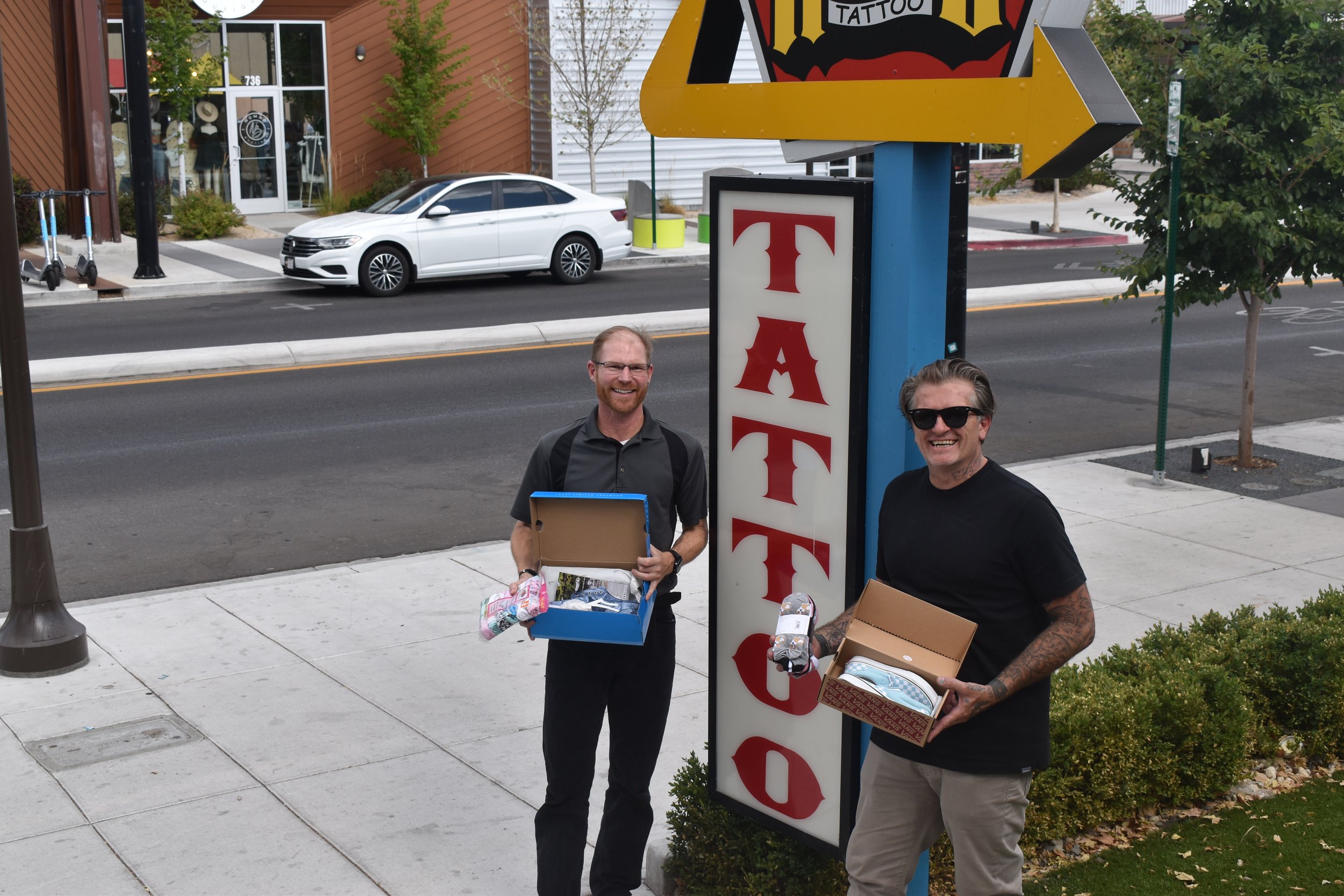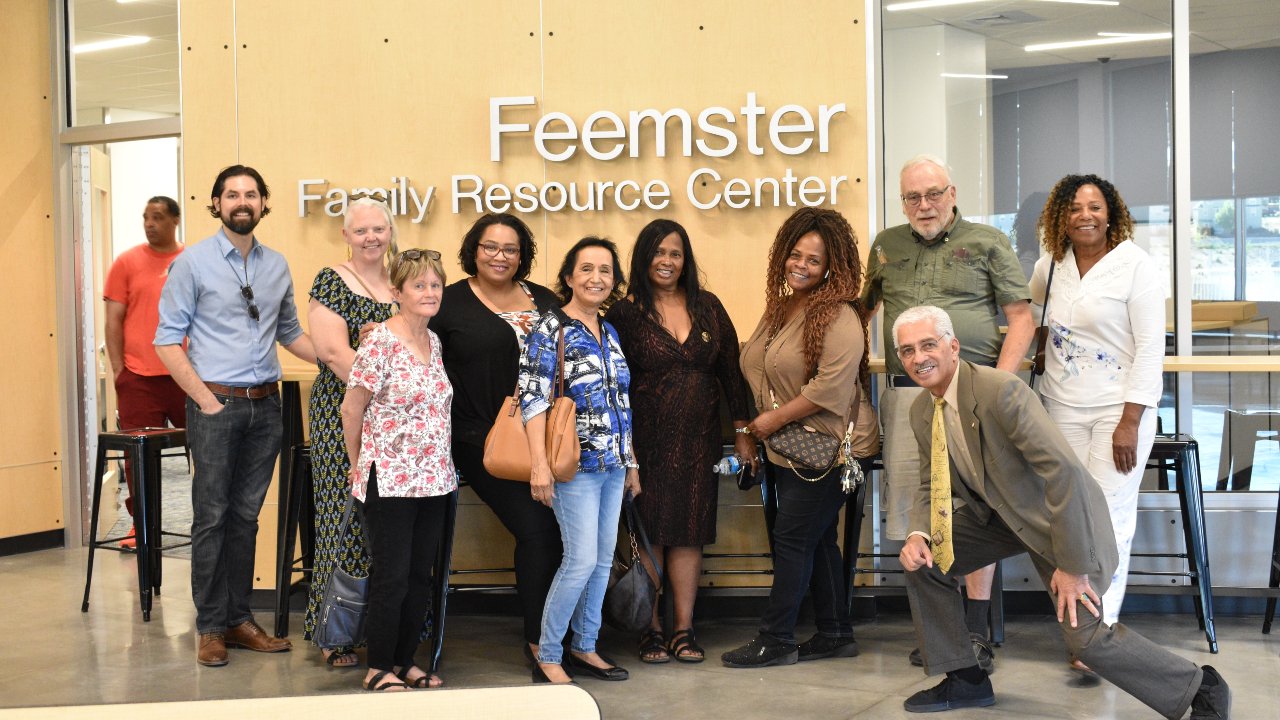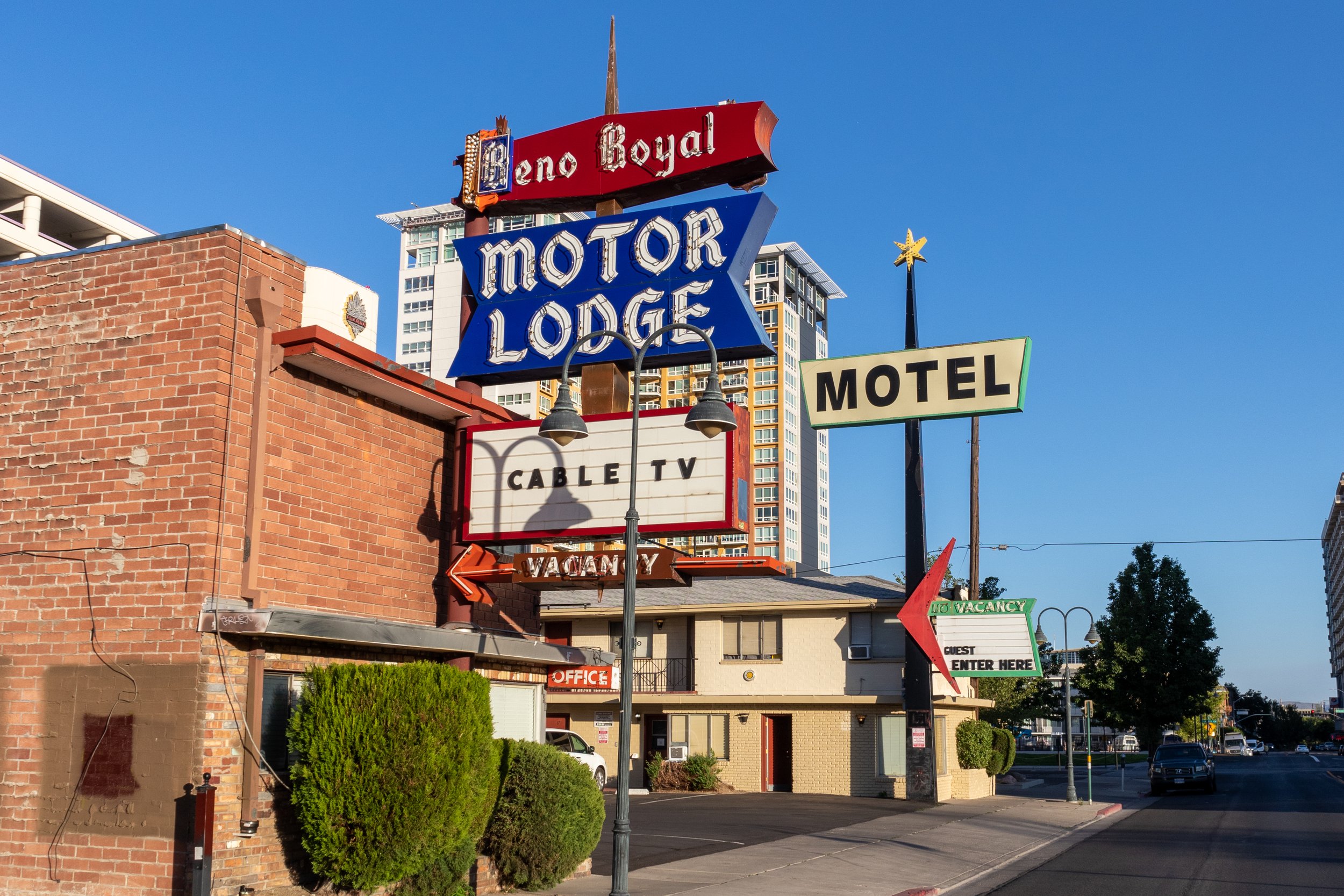Every third Wednesday of the month, Helping Hands Loving Hearts Reno has been organizing a birthday party celebration for the unhoused staying at the Cares Campus.
“I think that birthdays is really important because it’s that we definitely think of family,” said Jessica Castro, formerly unhoused herself and now an advocate and regular volunteer. “We think of our loved ones. It’s a day that hurts when we're out there on the streets, it's kind of a sad day. It can be because it's a reminder that, you know, life is passing by and we're getting older and we're still out there. I felt like it was definitely a day to be able to celebrate, to make them feel happy about birthdays again.”
The group brings drinks, healthy food, cake, and cheer for those who want to join and celebrate others or themselves.
Castro says Washoe County now operating the compound has been helpful with this initiative which started in June.
“They've pretty much given us free range,” she said over the phone with Our Town Reno. “We’re allowed to bring in fruit, we don't have to ask for extra permission. We don't have anybody overseeing us, like, they don't micromanage us. So far it's been pretty smooth.”
Castro says people staying at the compound are “shocked” by the kindness.
“The first couple times a lot of people were like, is this for anybody? Or is this for staff? And I was like, no, this is for you guys,” Castro remembers. “And it just reminds them that they're human.”
Now, hundreds show up when the cake is being cut. Before they leave, the team of volunteers also fill flasks with ice.
Helping Hands Loving Hearts is no longer allowed to do formal community meals outside the compound, with County officials citing security issues, but JP Harvey, also with the group, has taken it upon herself to give more one on one attention to neighbors in need, doing her own daily outreach efforts.
“She's actually doing more in-depth care where she focuses on them and she tries to help them take every step,” Castro said, “Like if they need to get to the DMV to get something done, she gets it done with them. If they need to make it to an appointment with ReStart or whatever, she gets them there. She takes them around to look at places that take vouchers.”
The group also regularly hands out clothes and donated food at different parks, and when asked try to fill specific requests, such as shoes or colostomy bags.
Castro also wants to add small gift cards for those whose birthday is in the current month based on their driver’s license, saying it’s also an incentive for them to get one if they don’t have it anymore.
She’s been working two jobs herself, dealing with rising prices and bills, but still manages to find time for others. “The fear of being homeless is something that triggers me a lot,” she said. “So I have to really find that balance to make myself feel like, okay, Jessica, you're doing the appropriate things you need to do to make sure that you and your family are okay, and now you have this much time or this much energy to go do this. It kind of reminds me of my past even more when I'm constantly worried about, you know, finances.”
Our Town Reno reporting, September 2022



